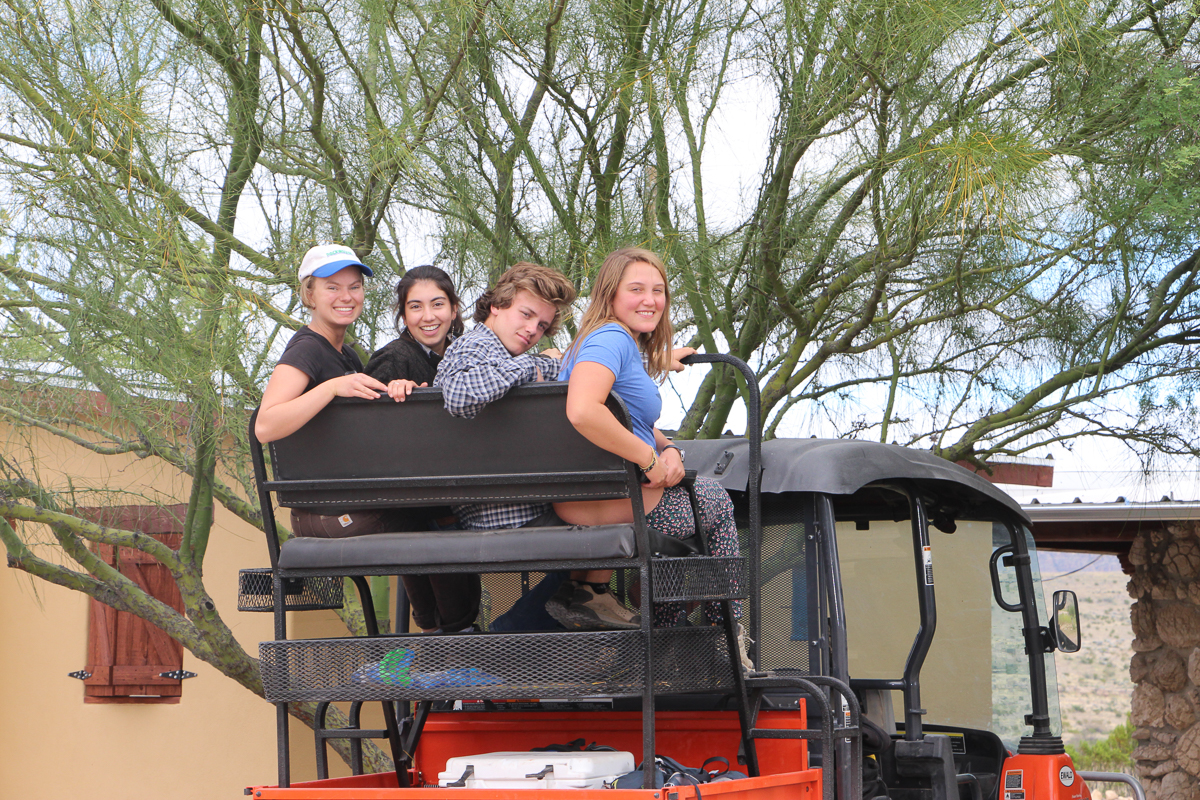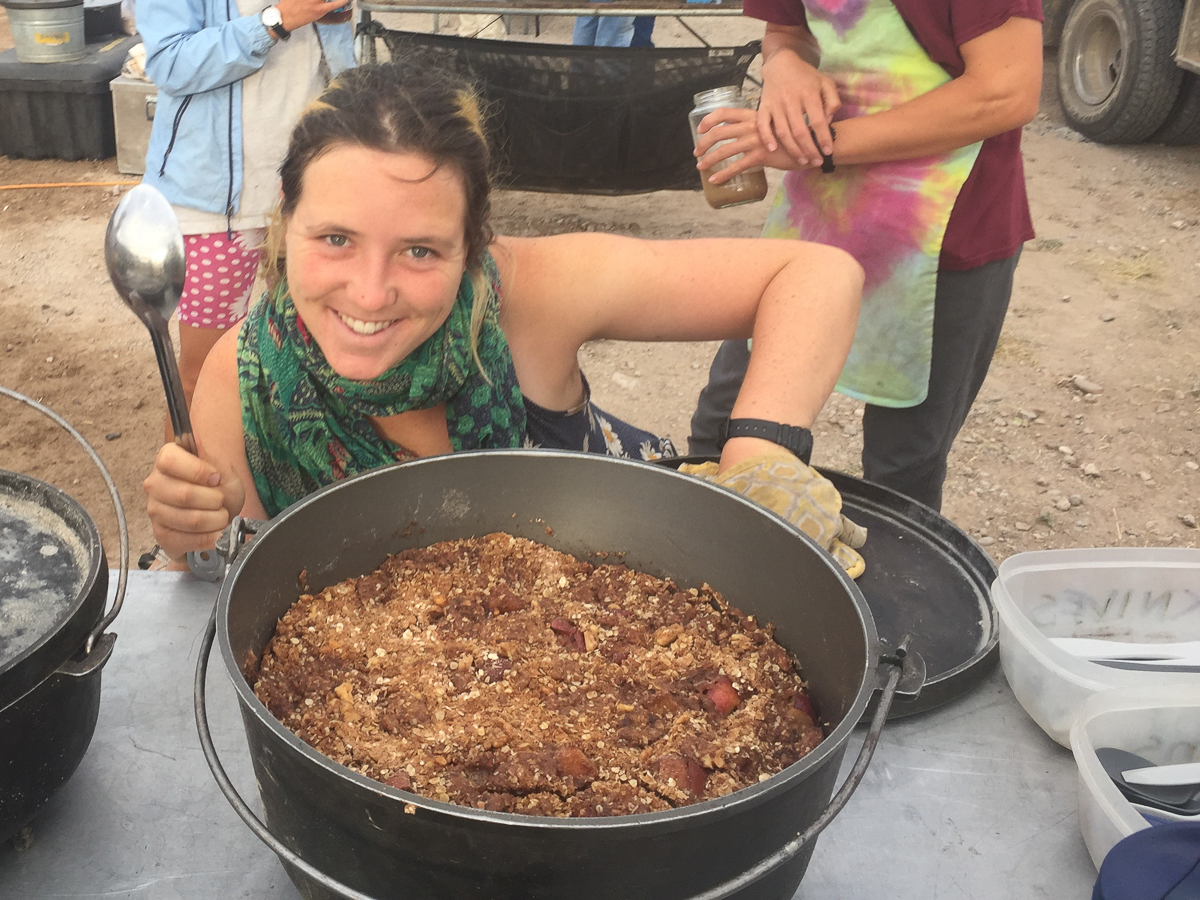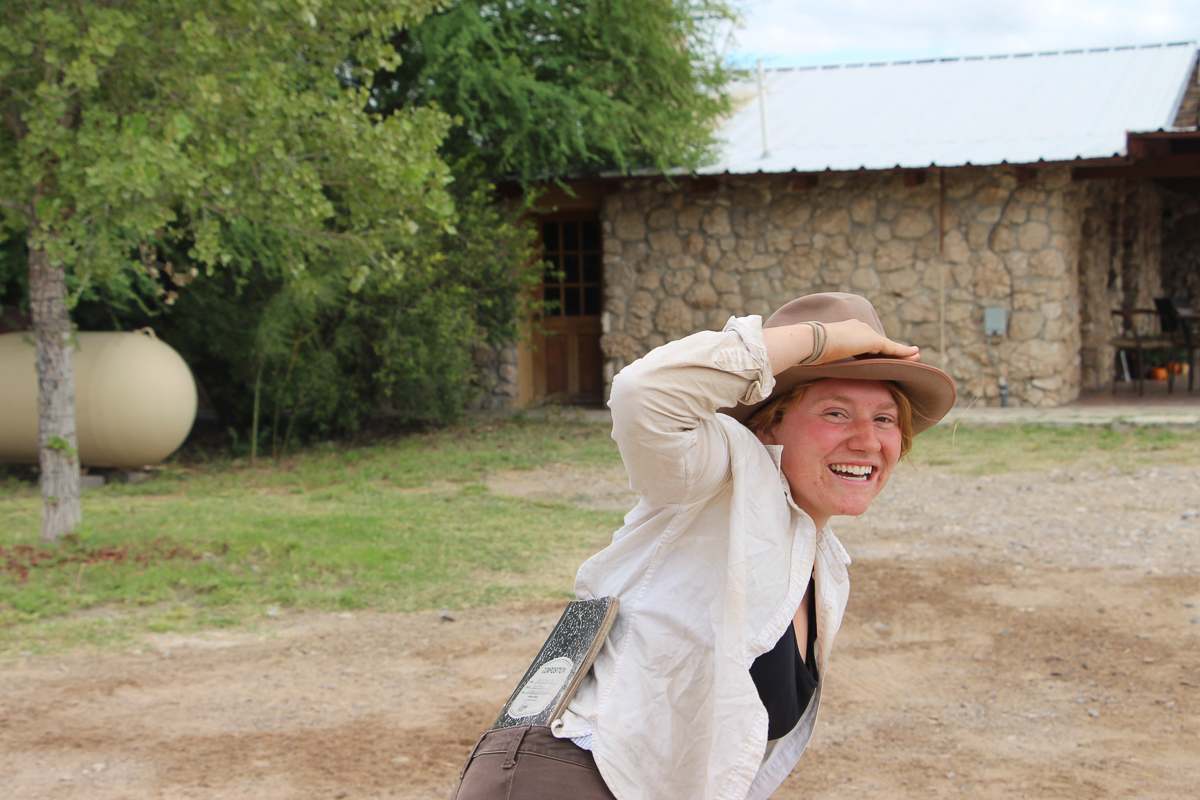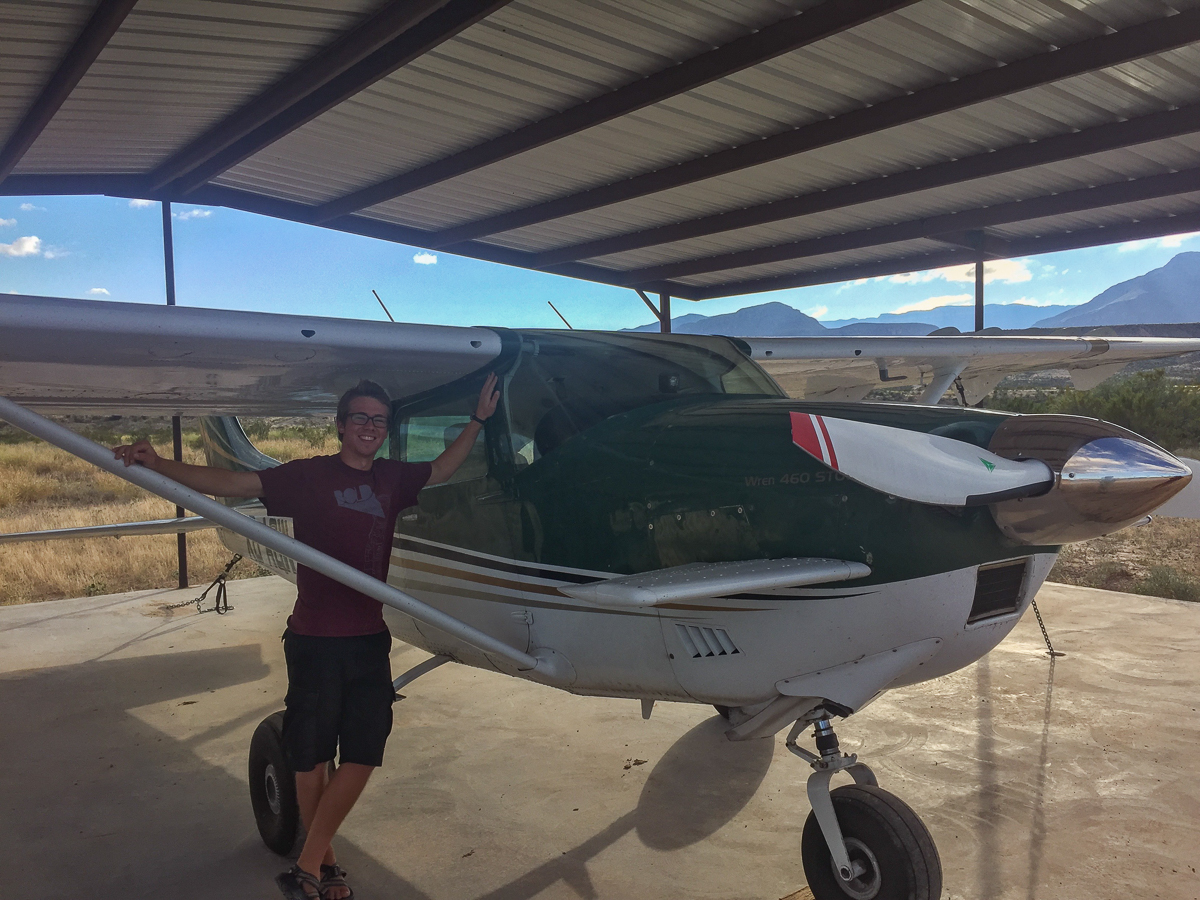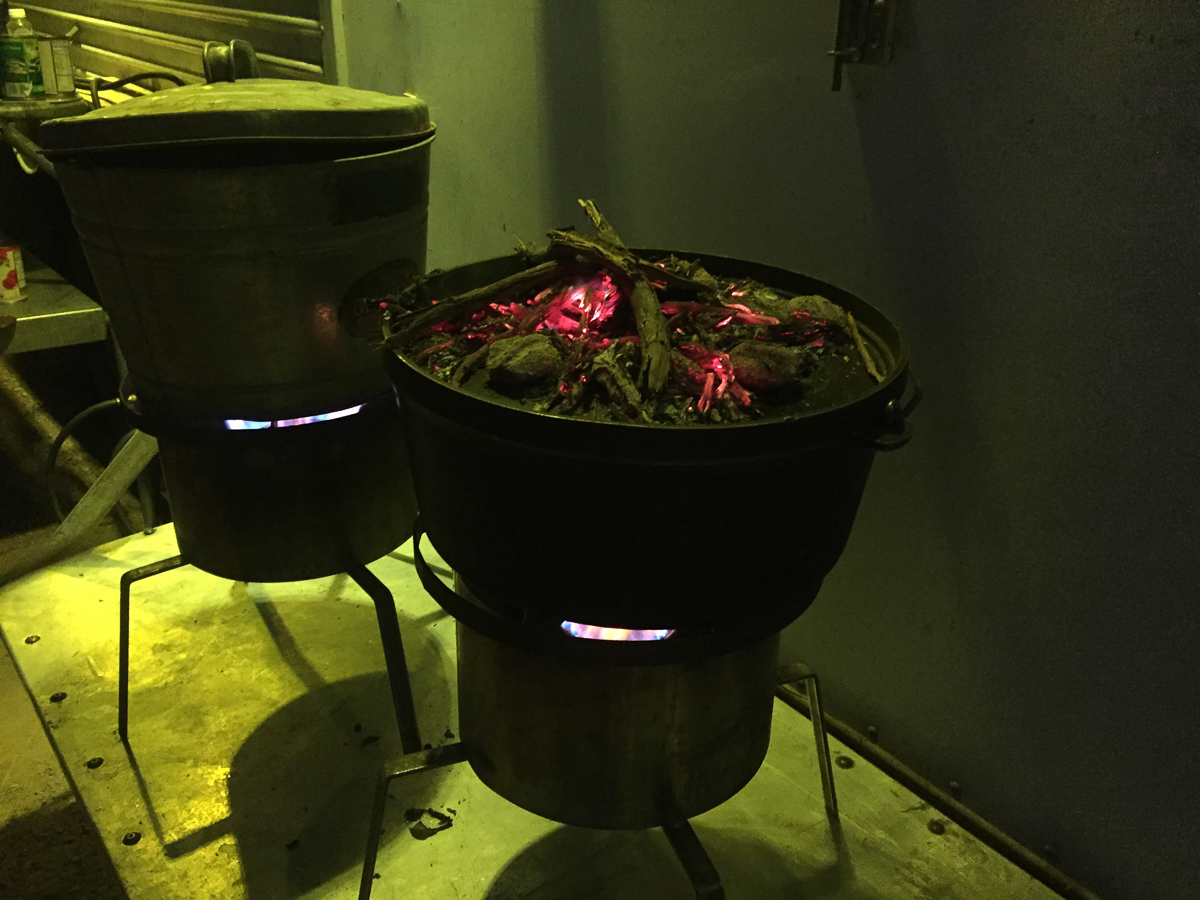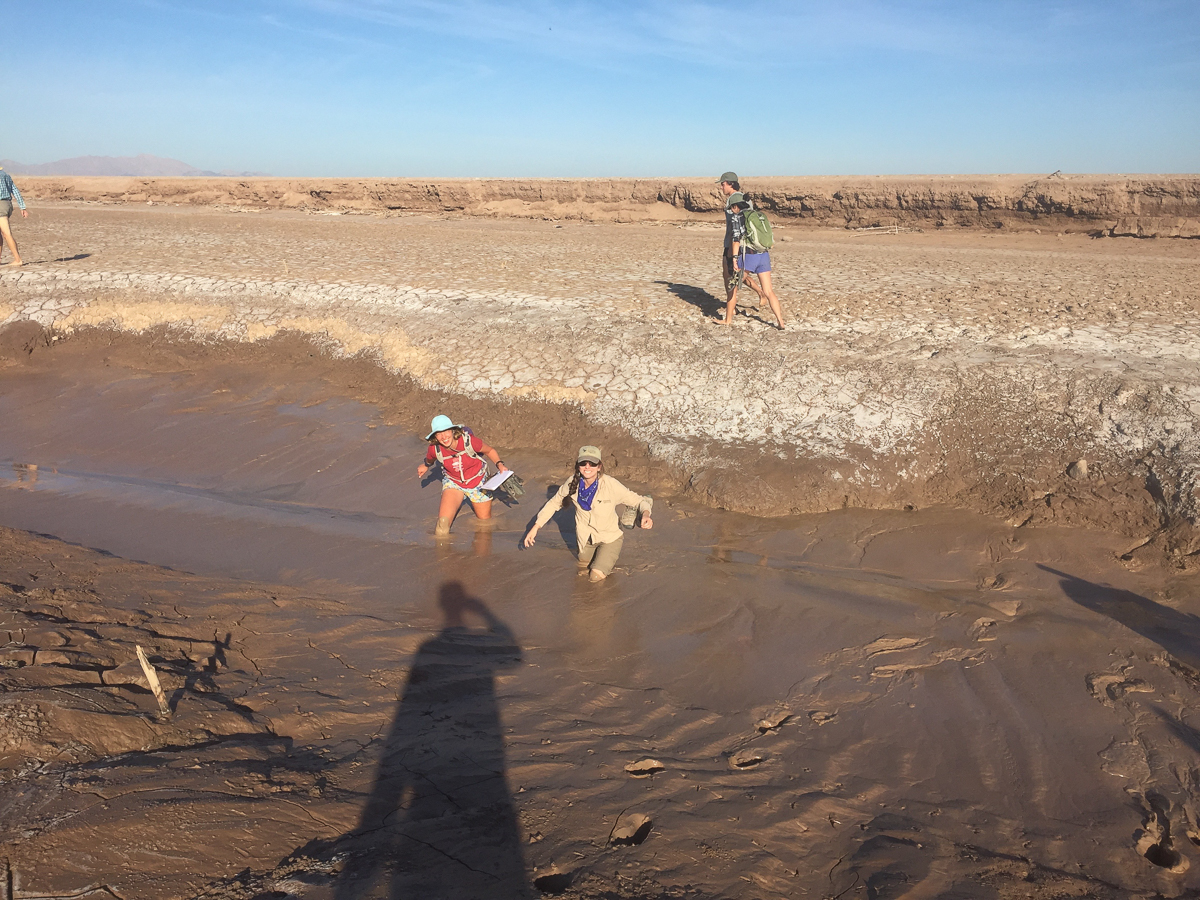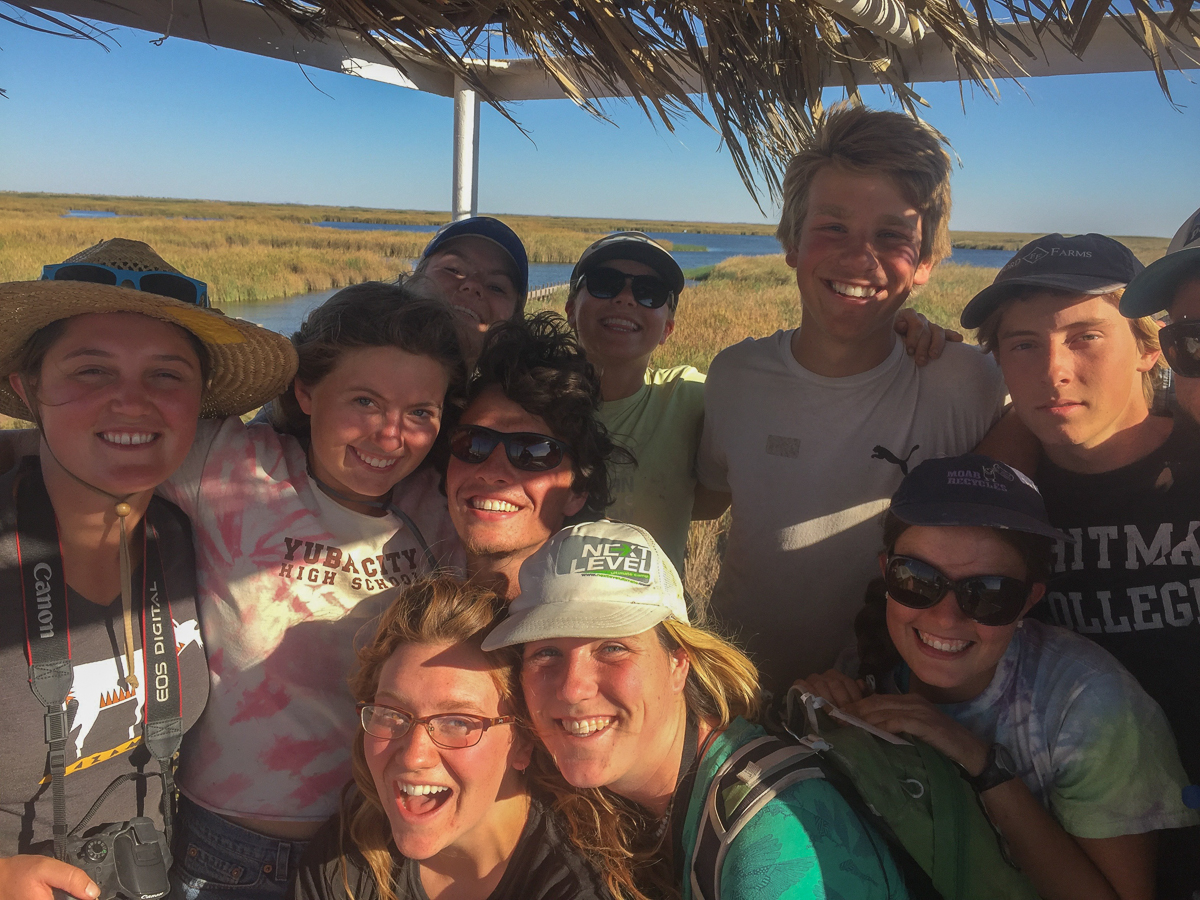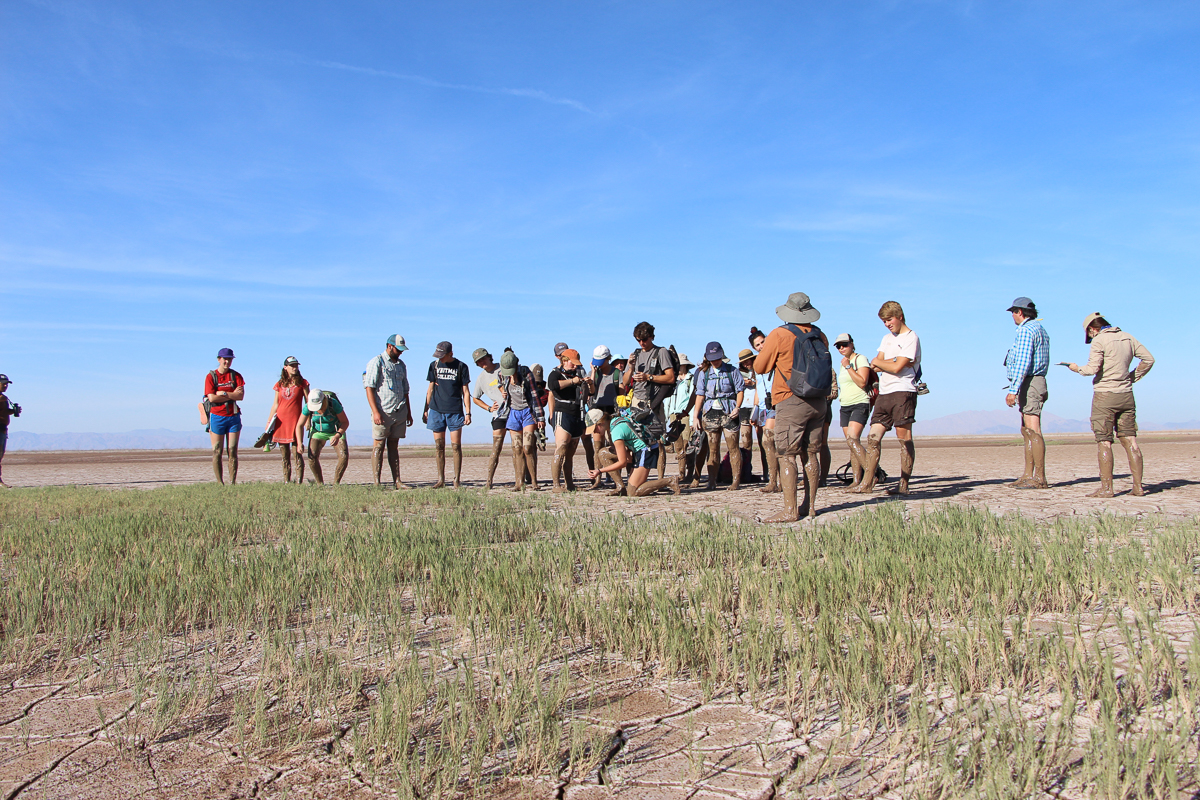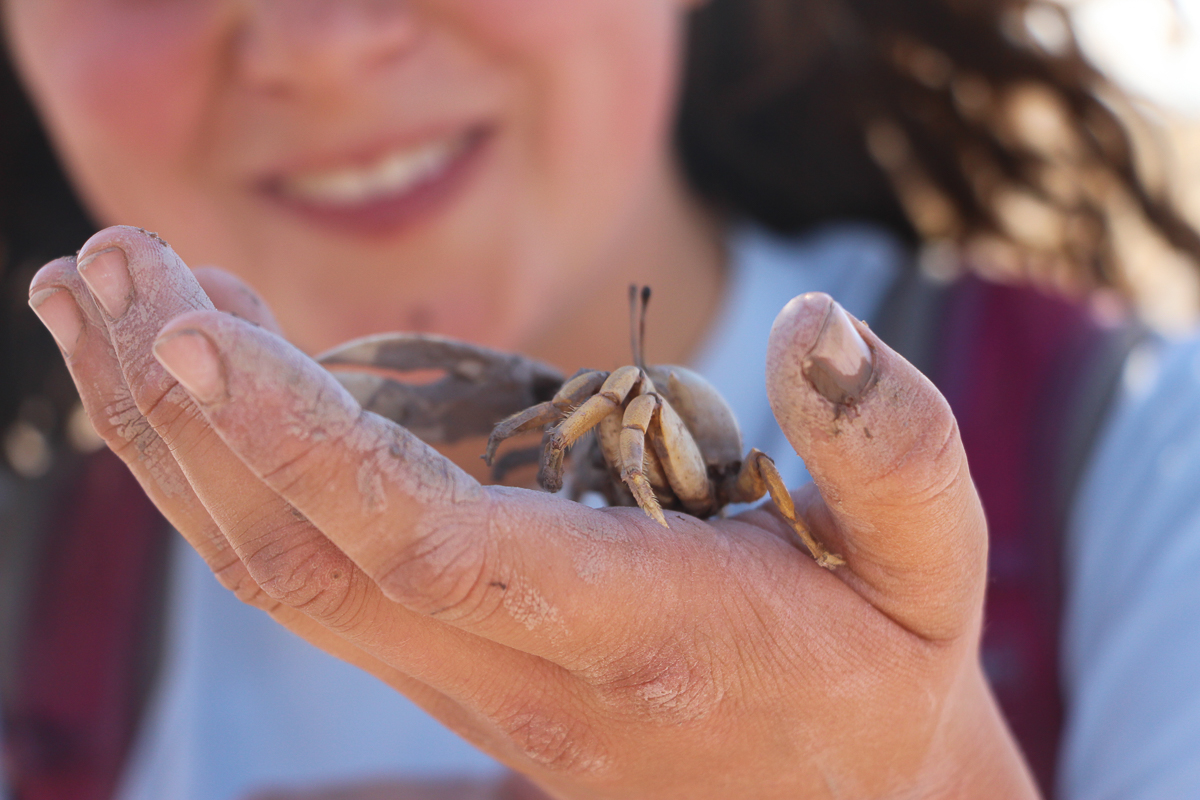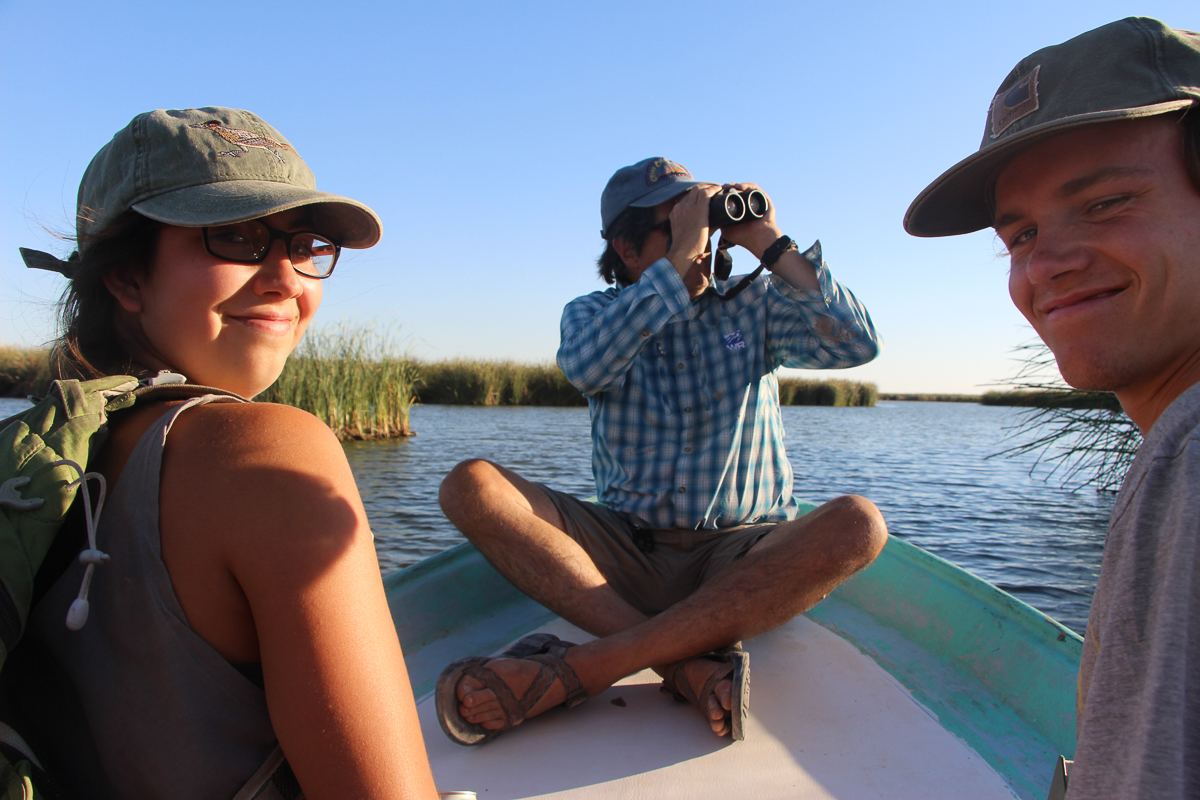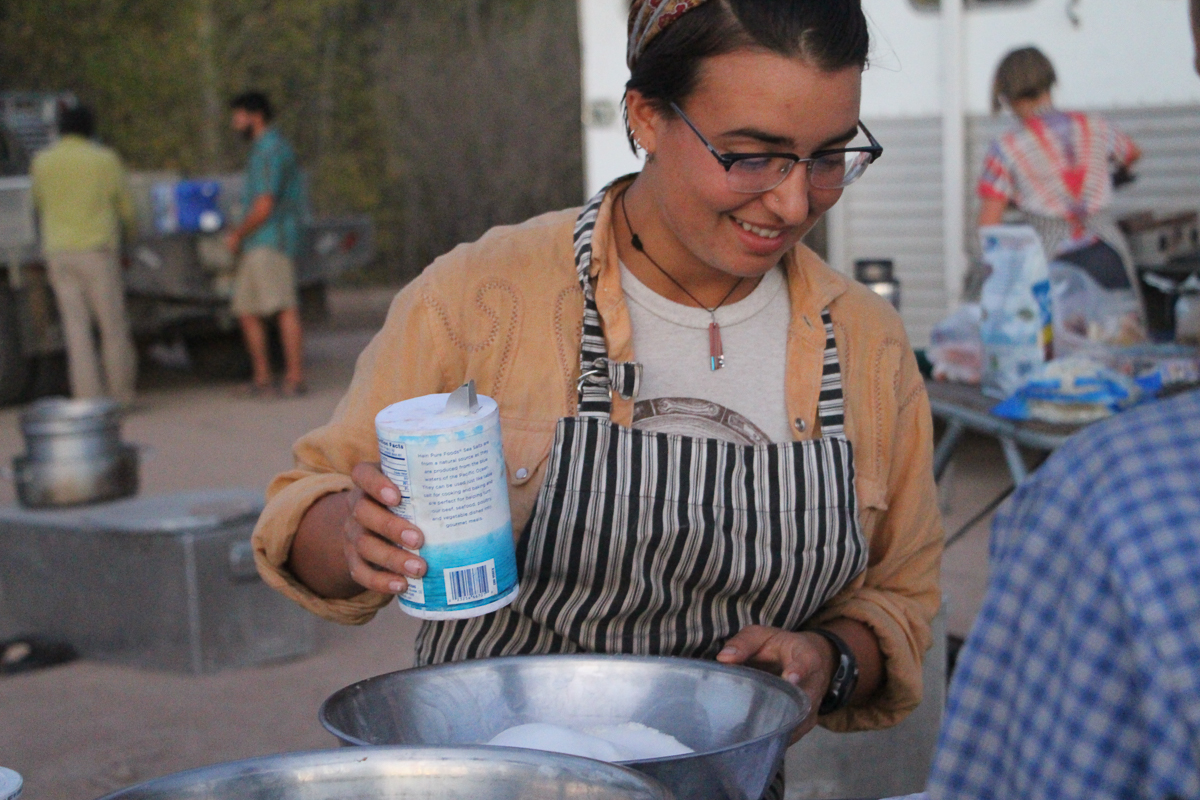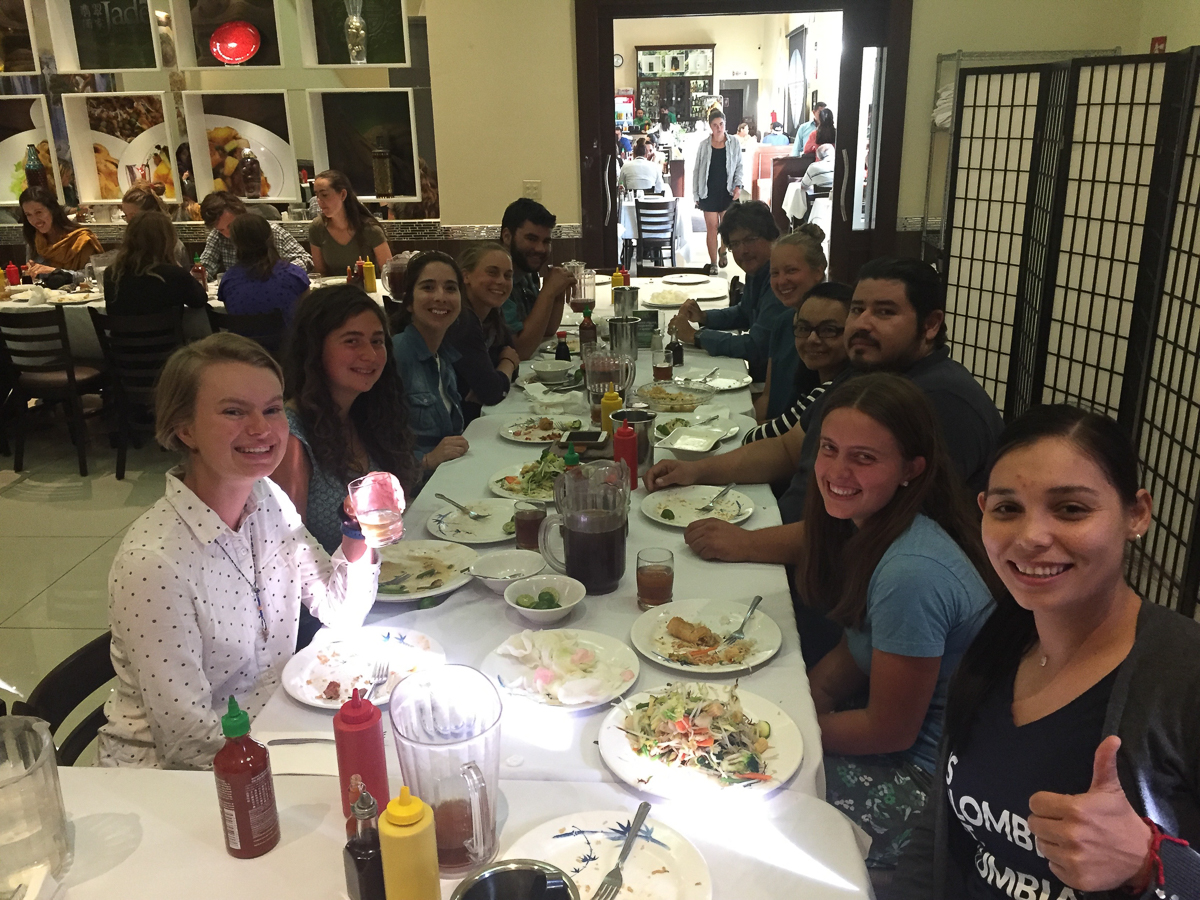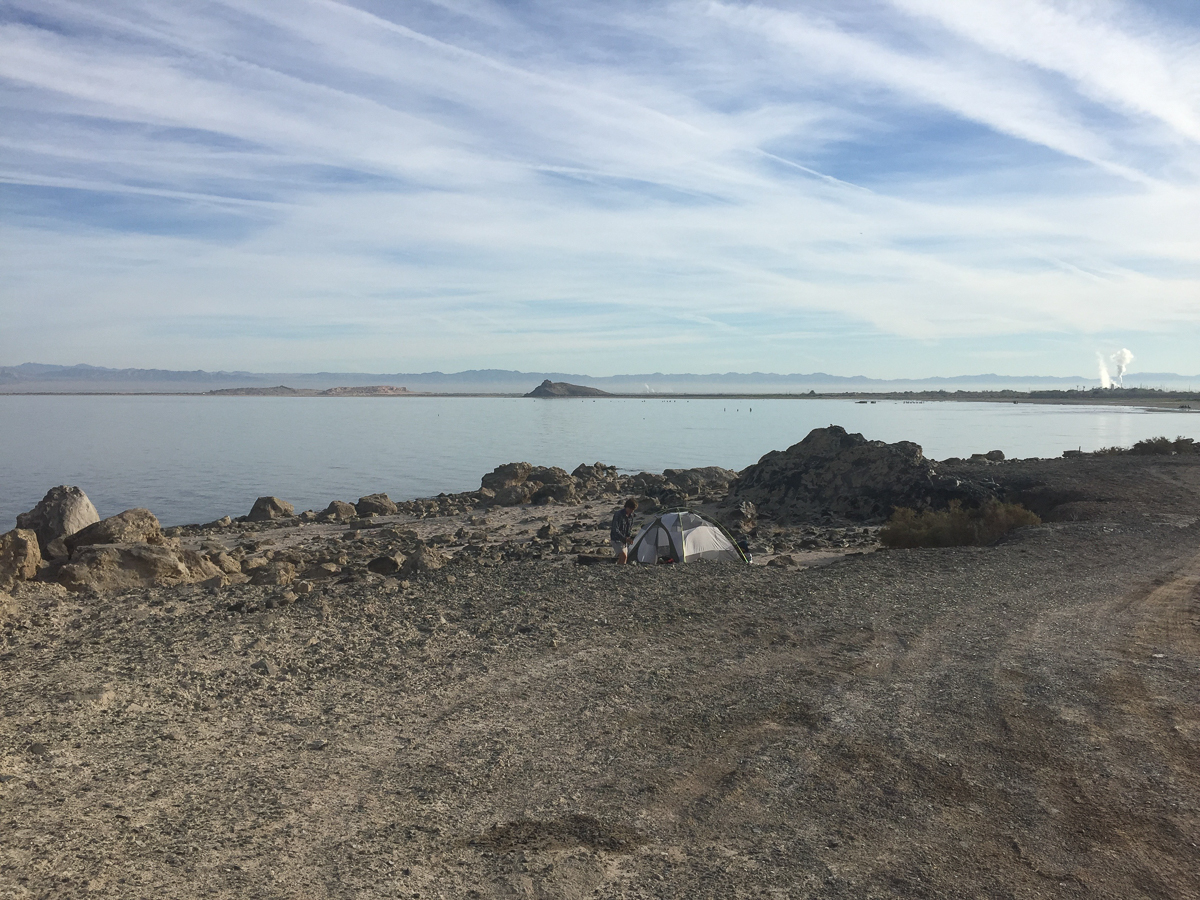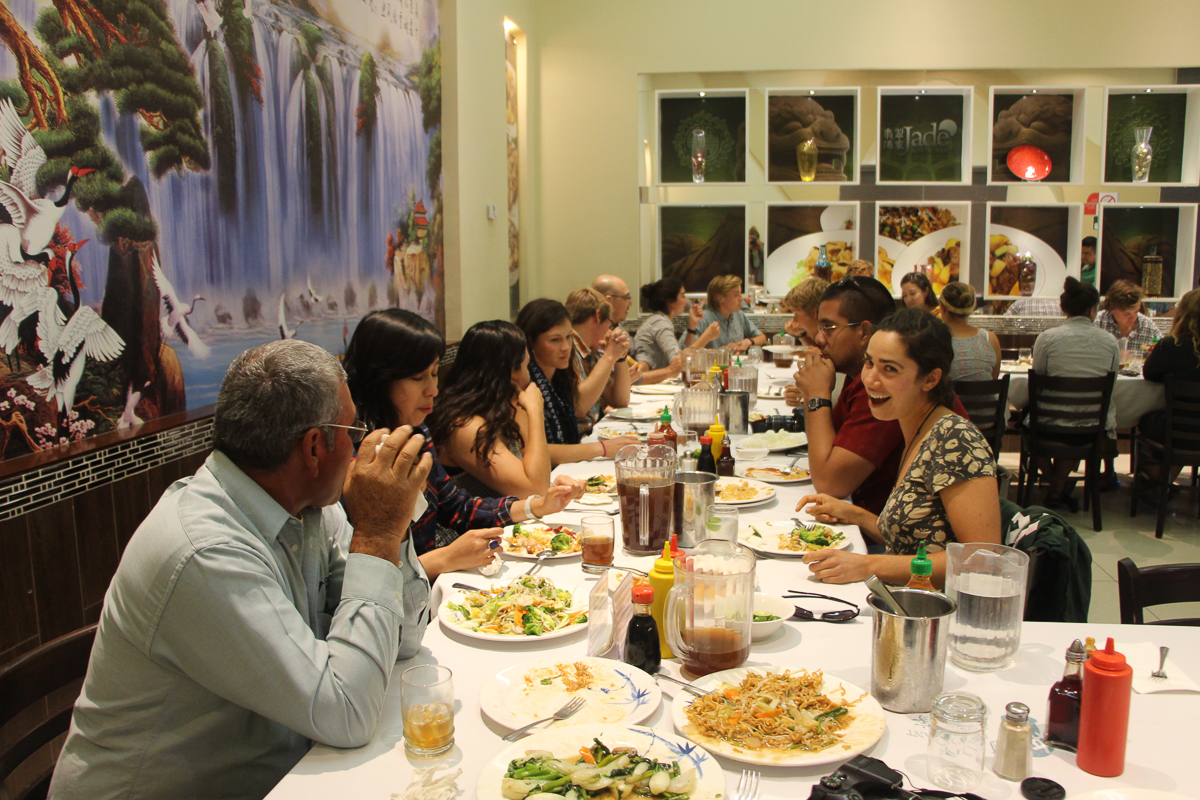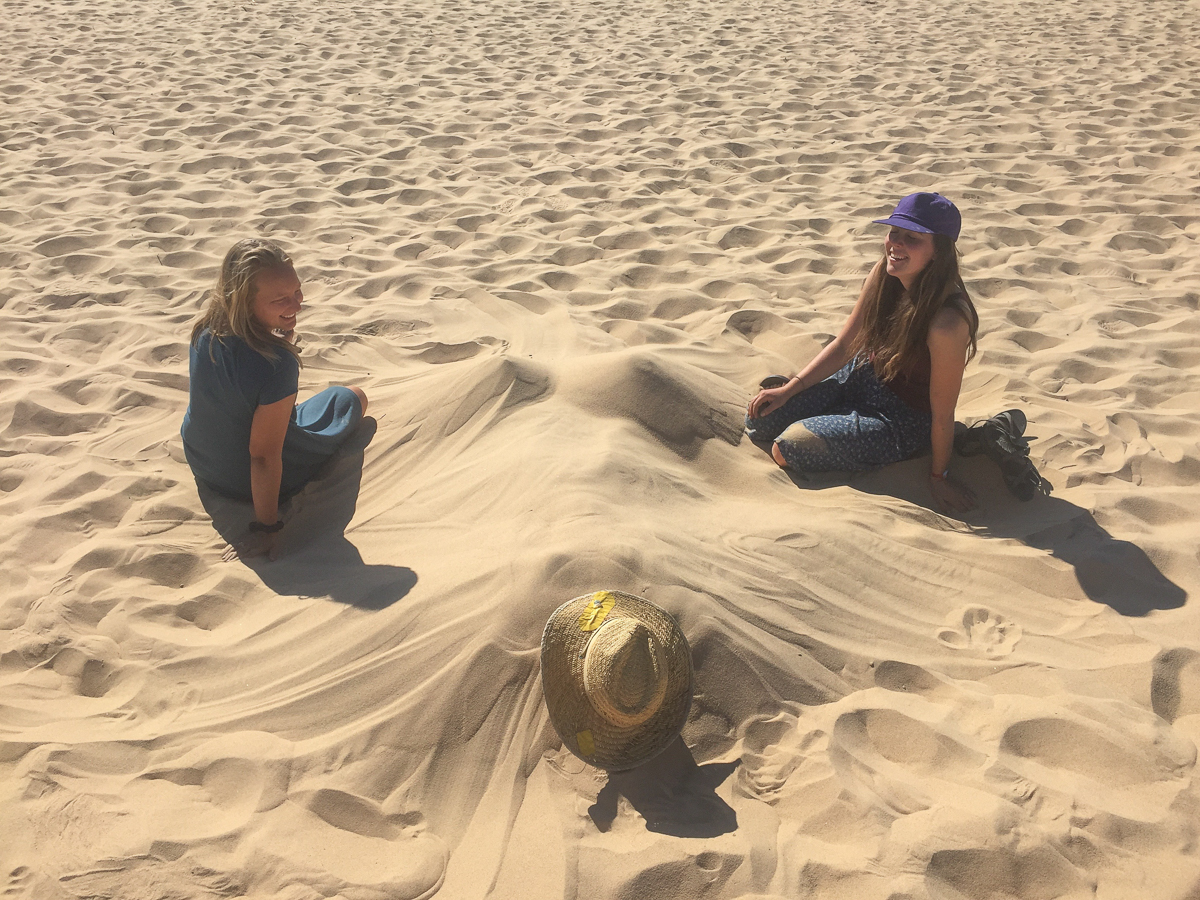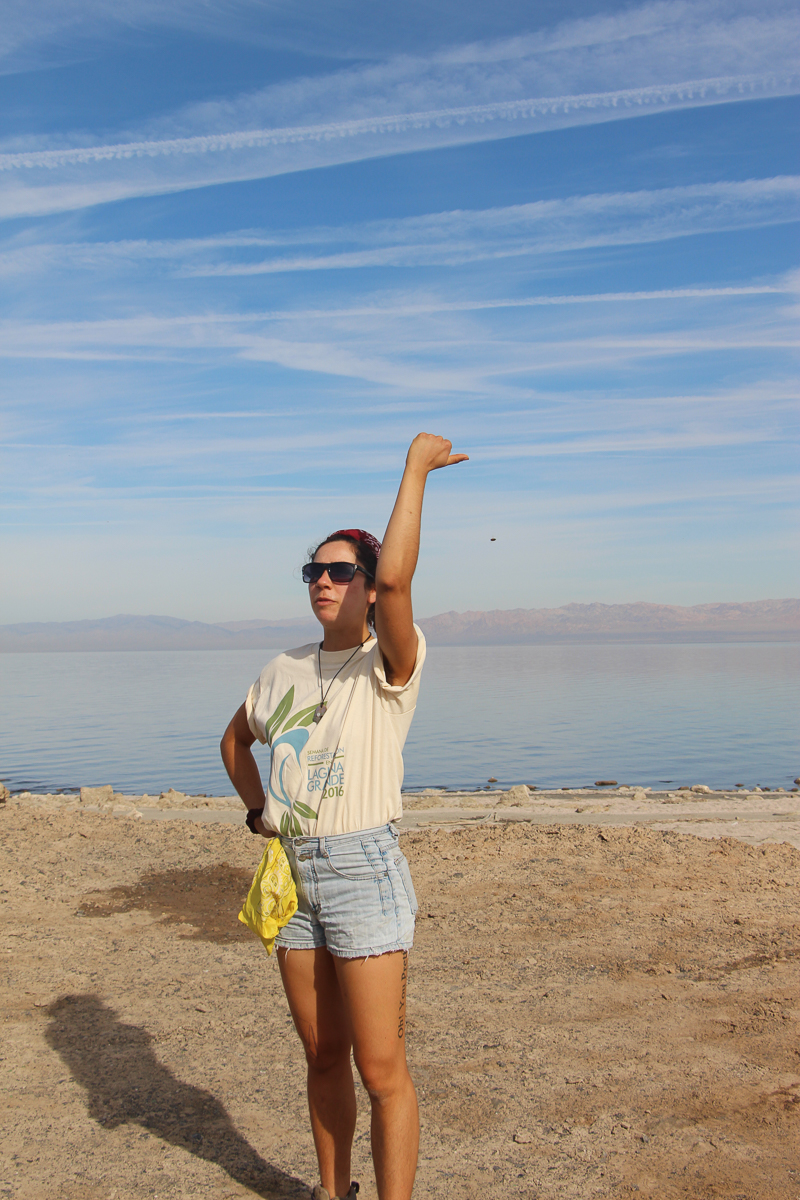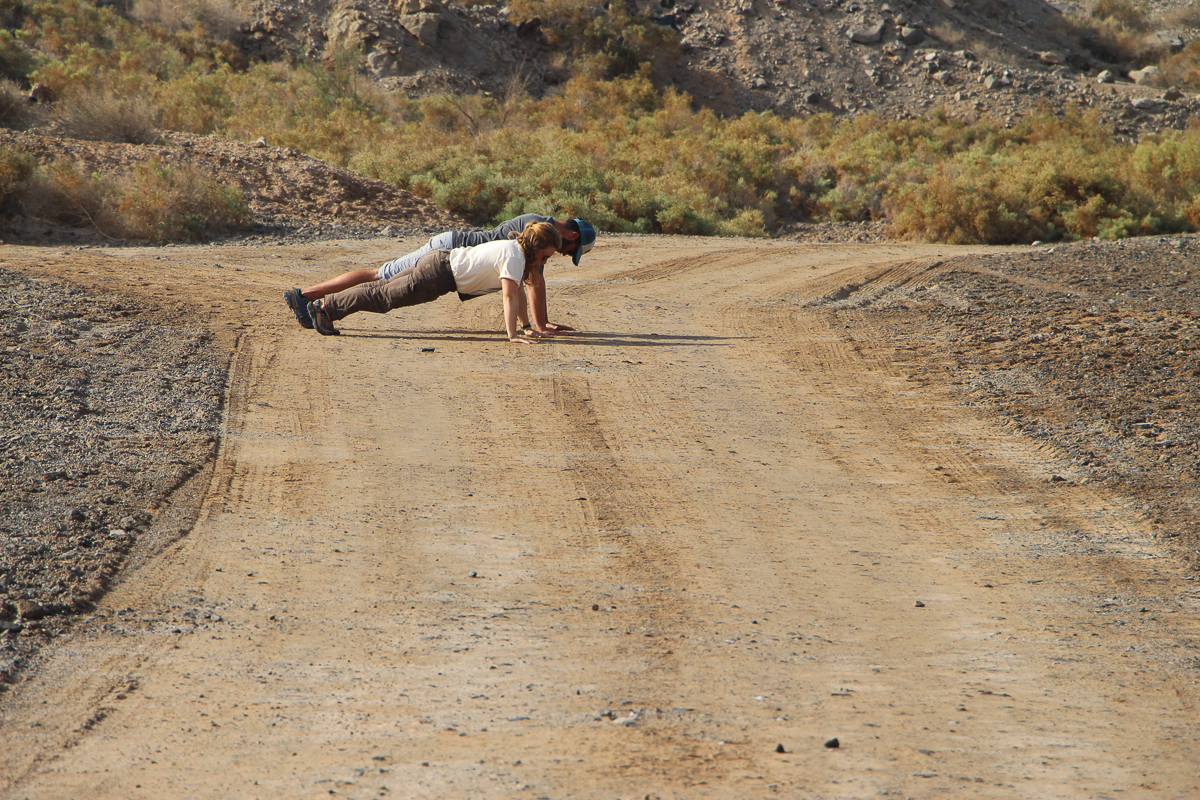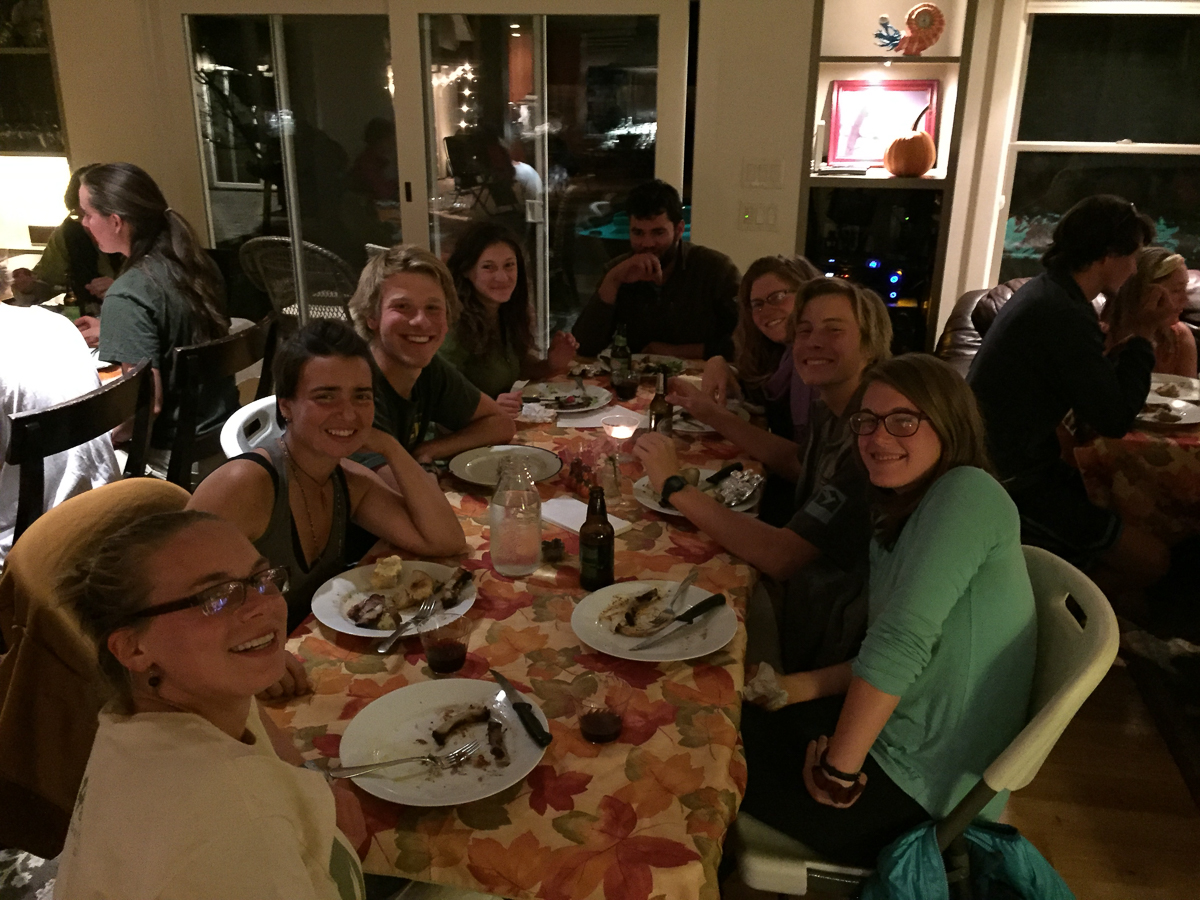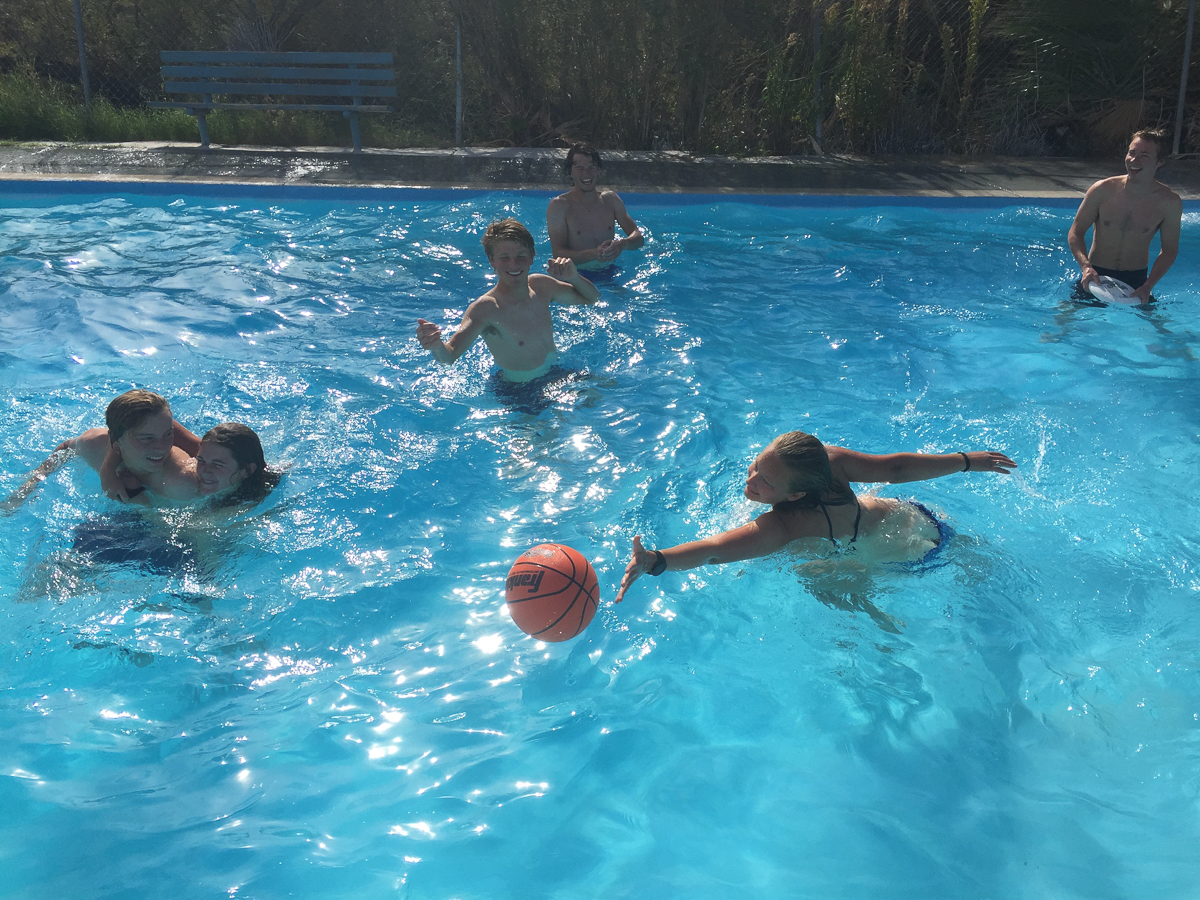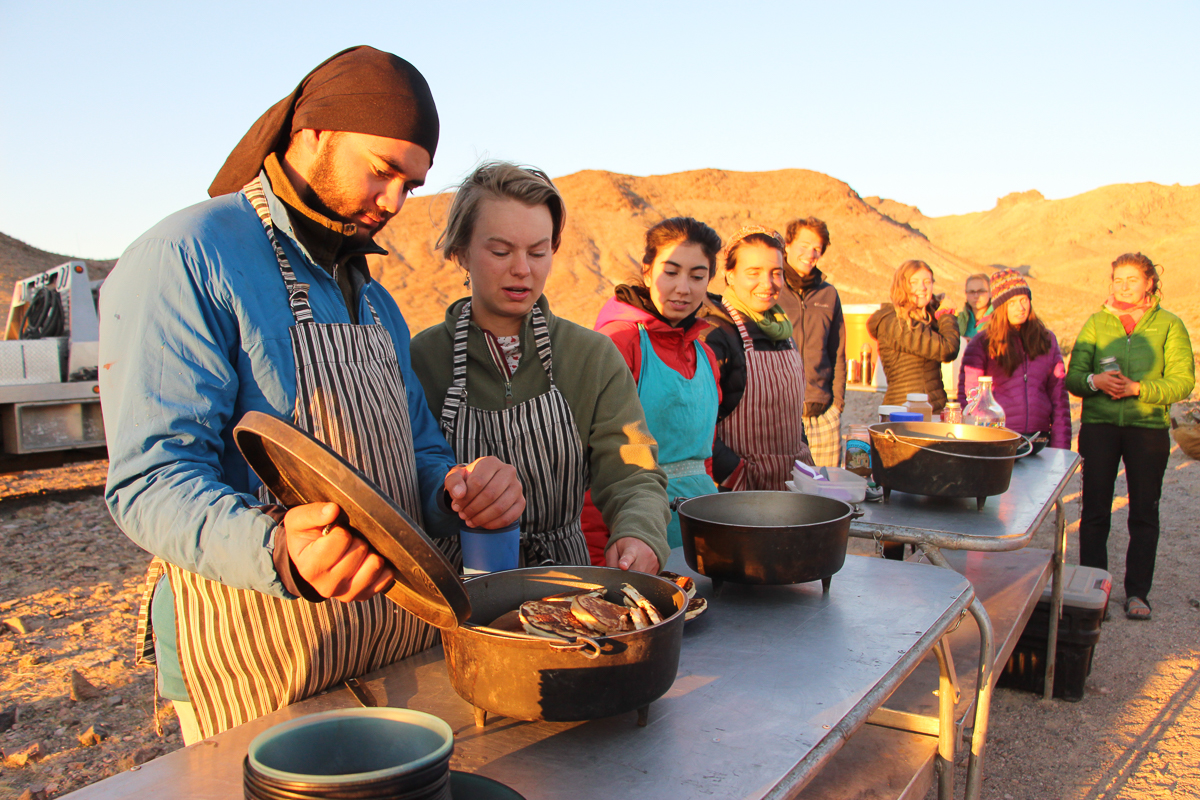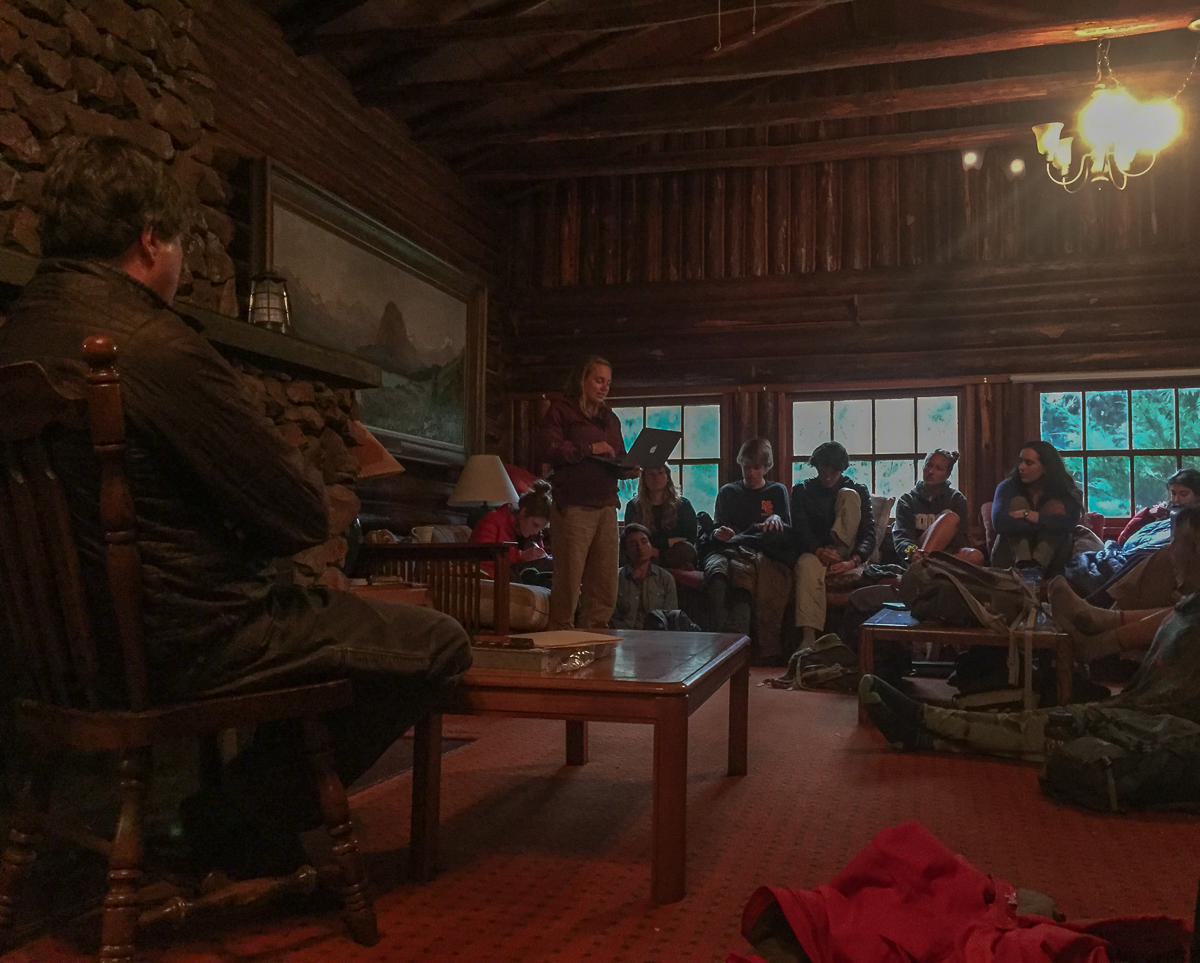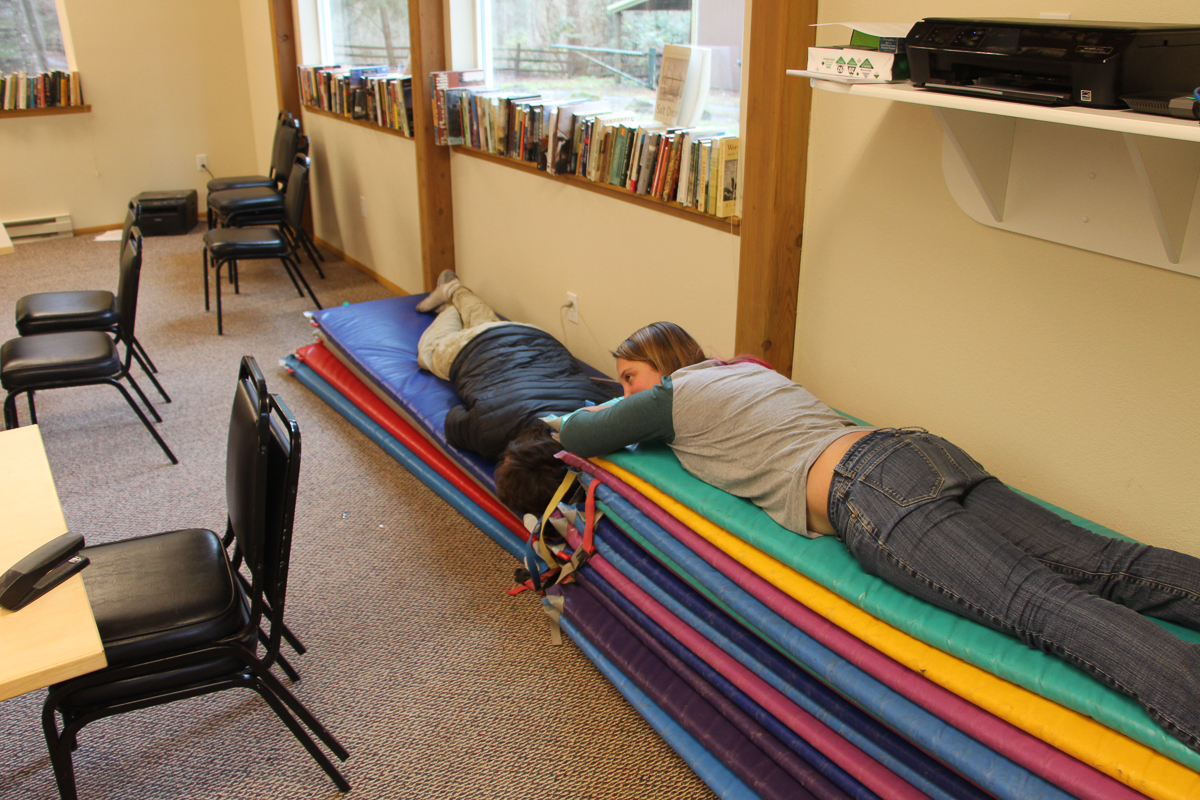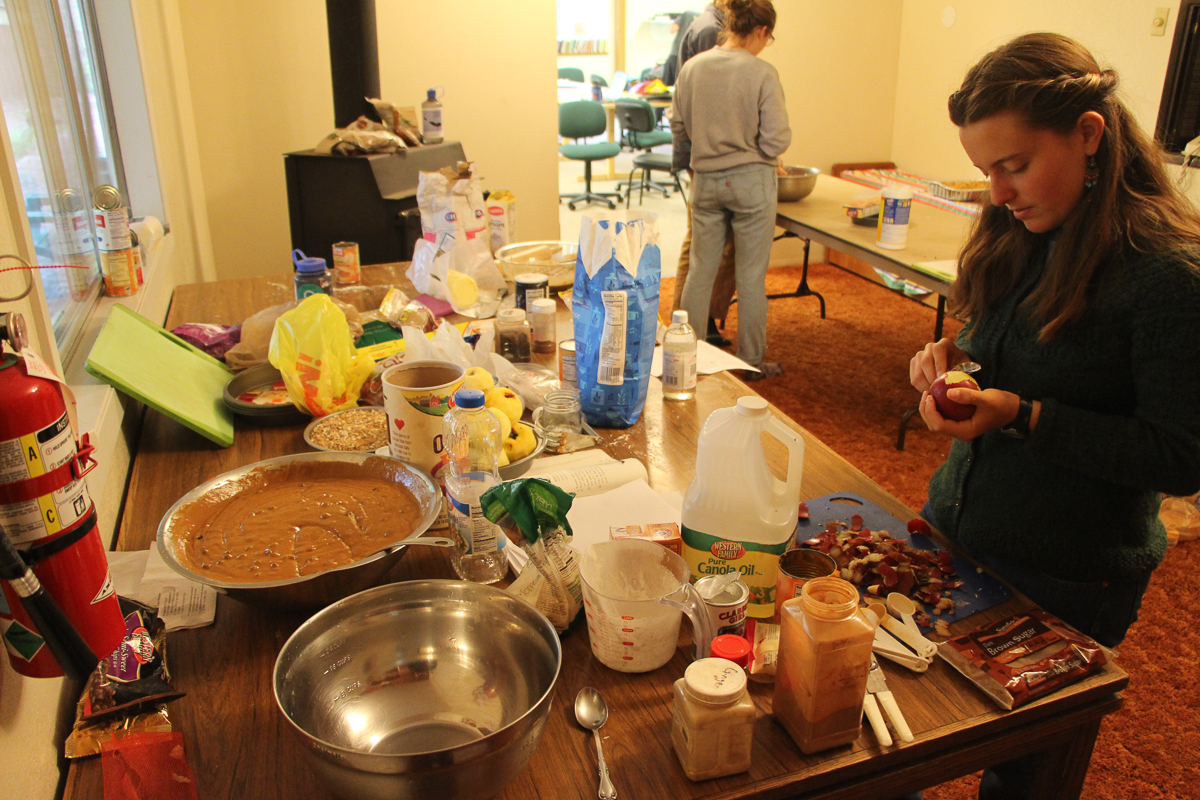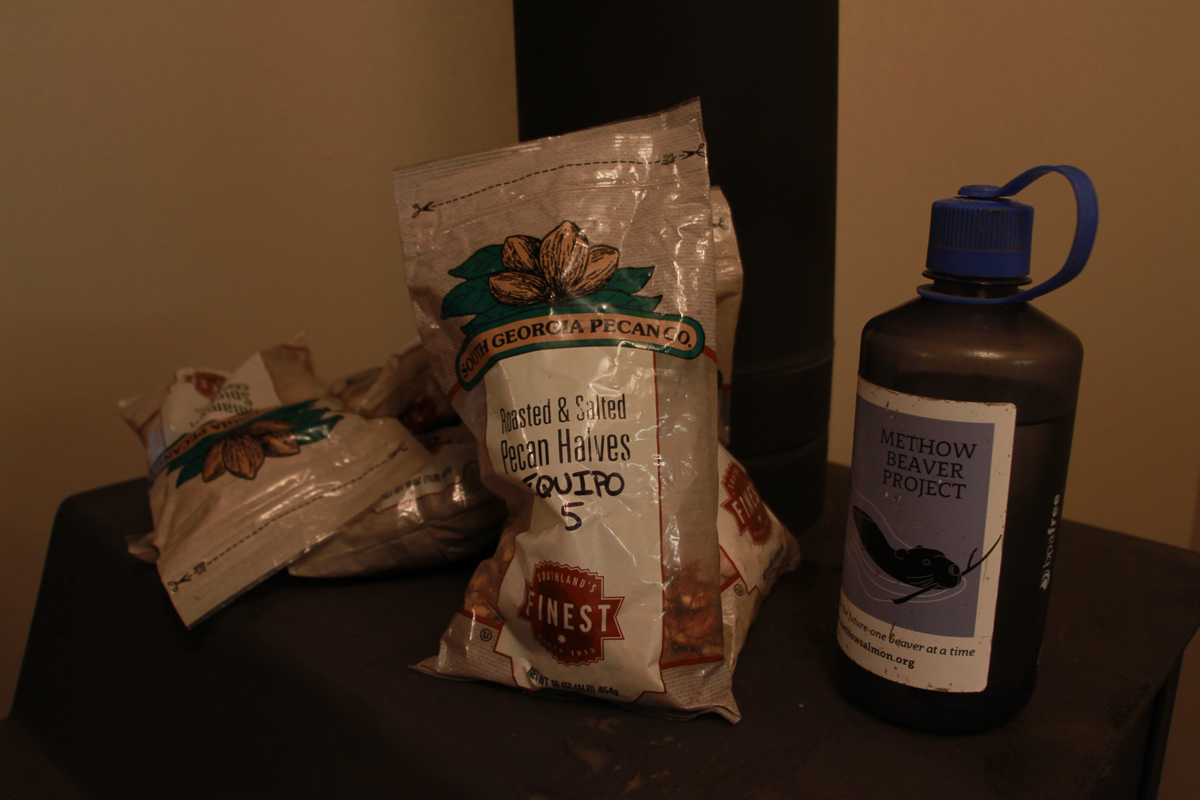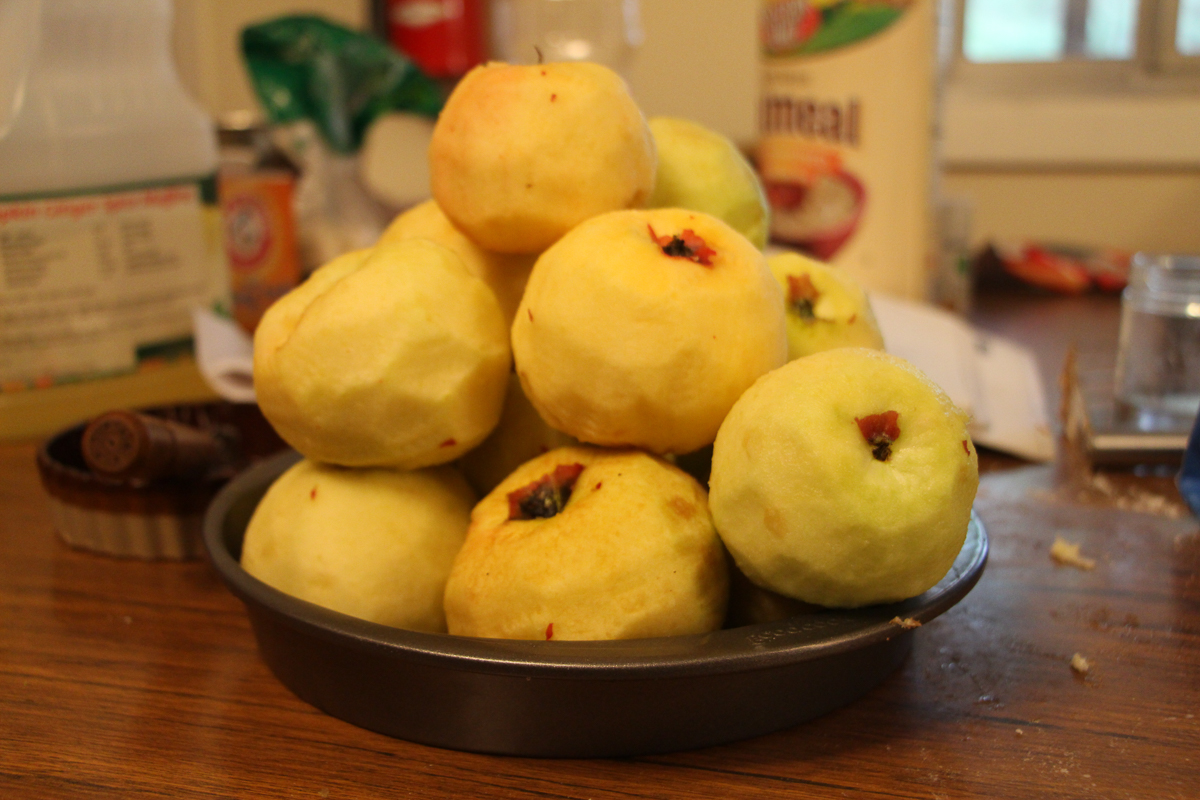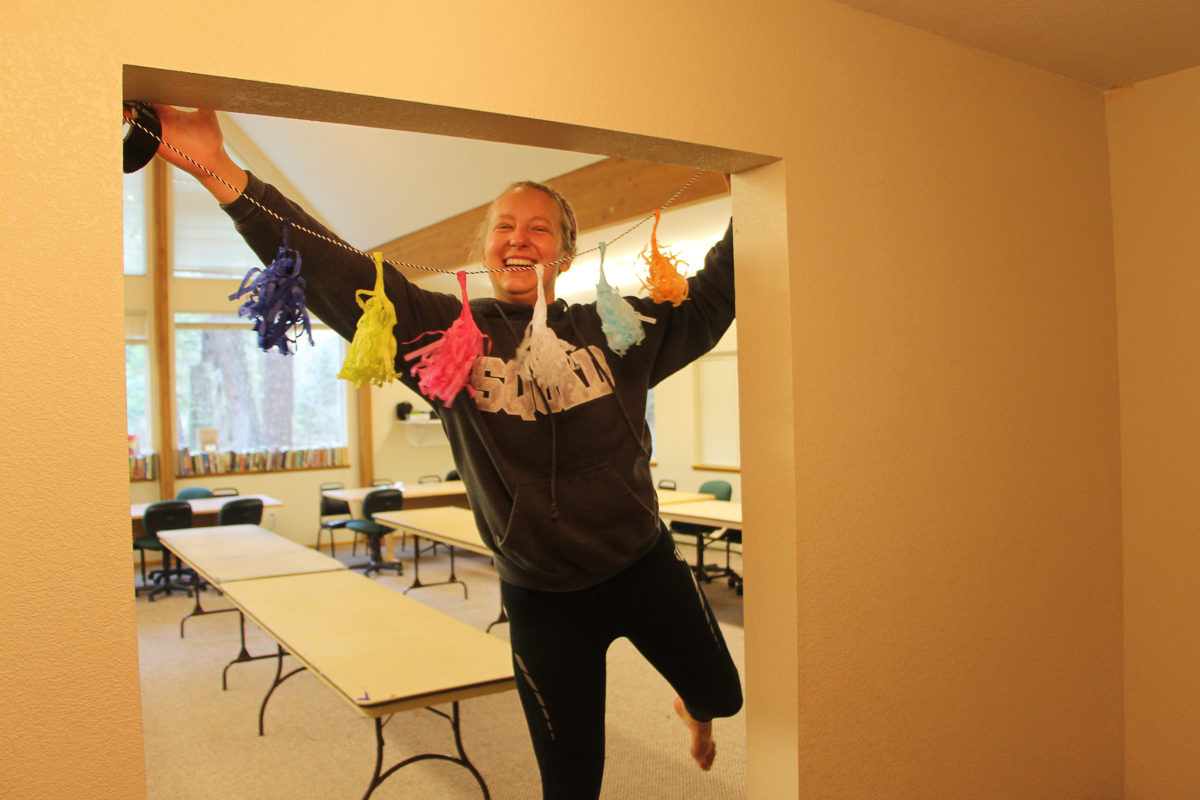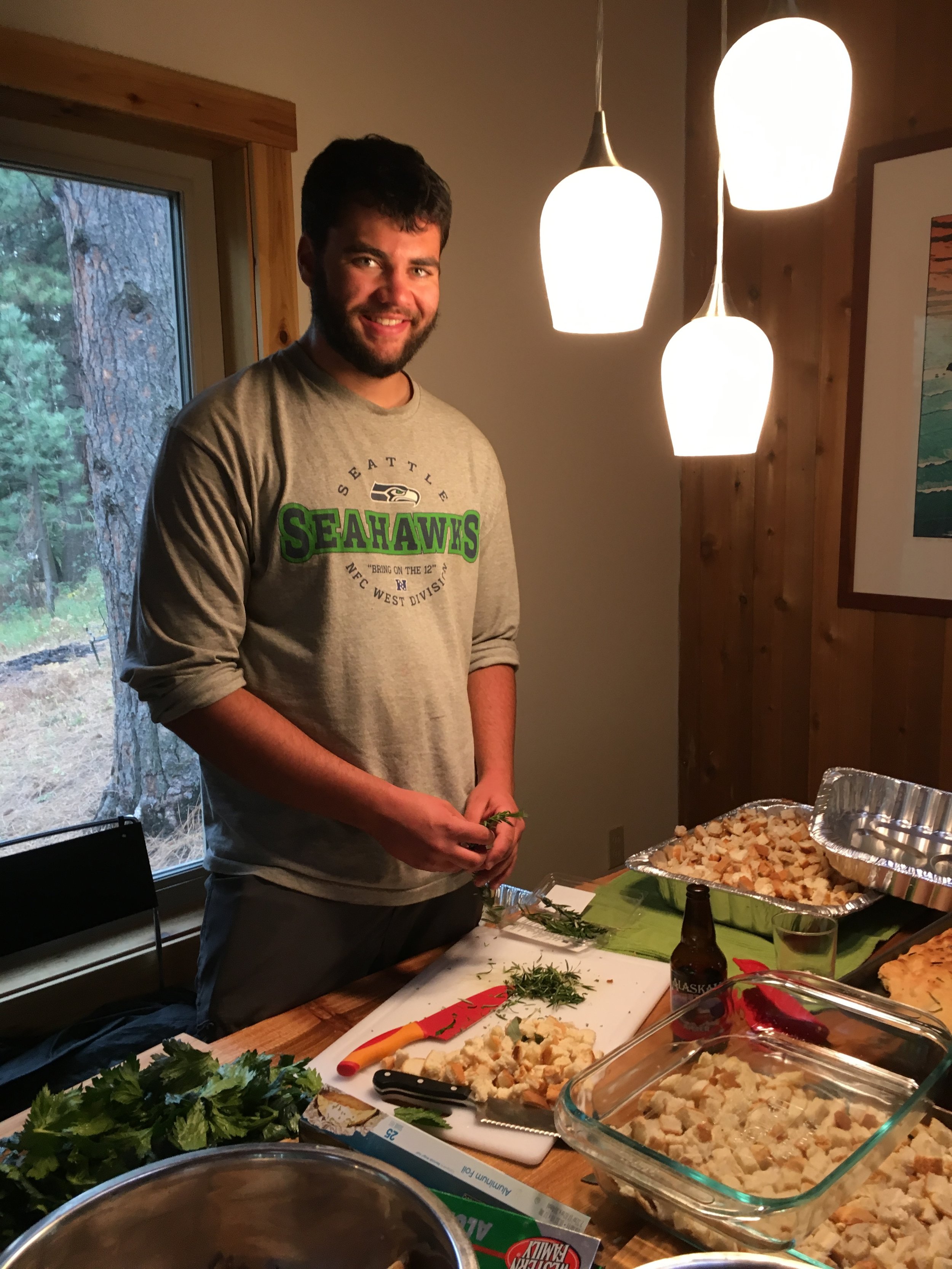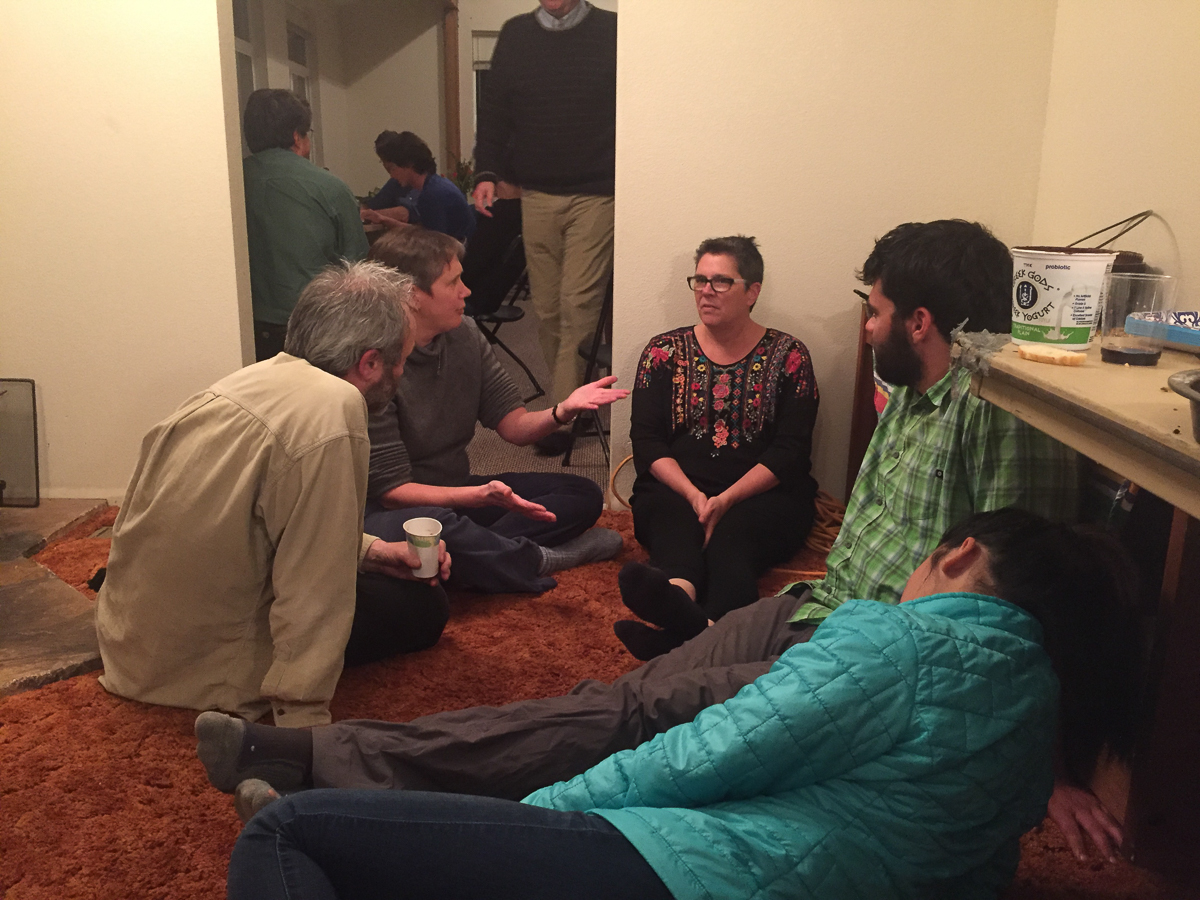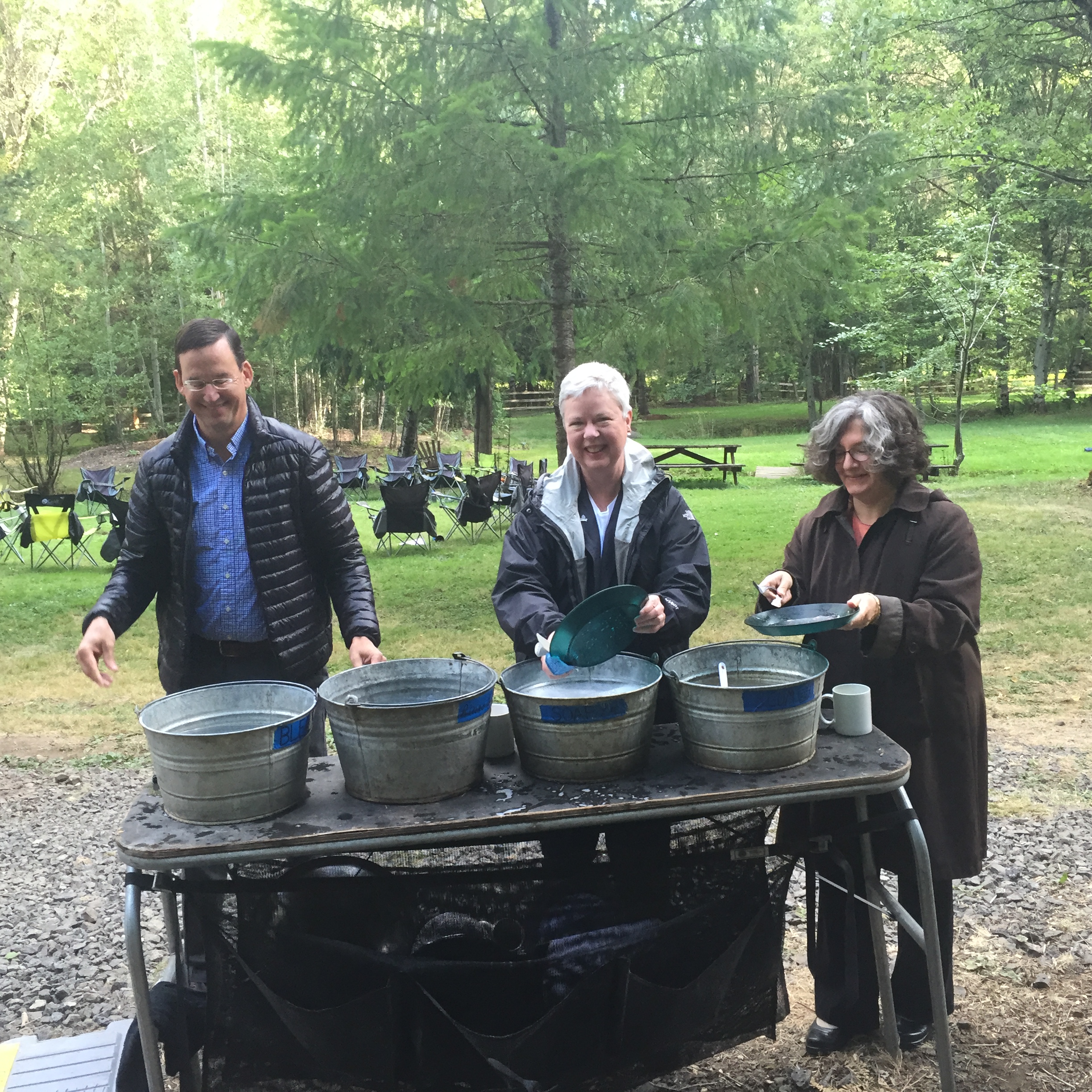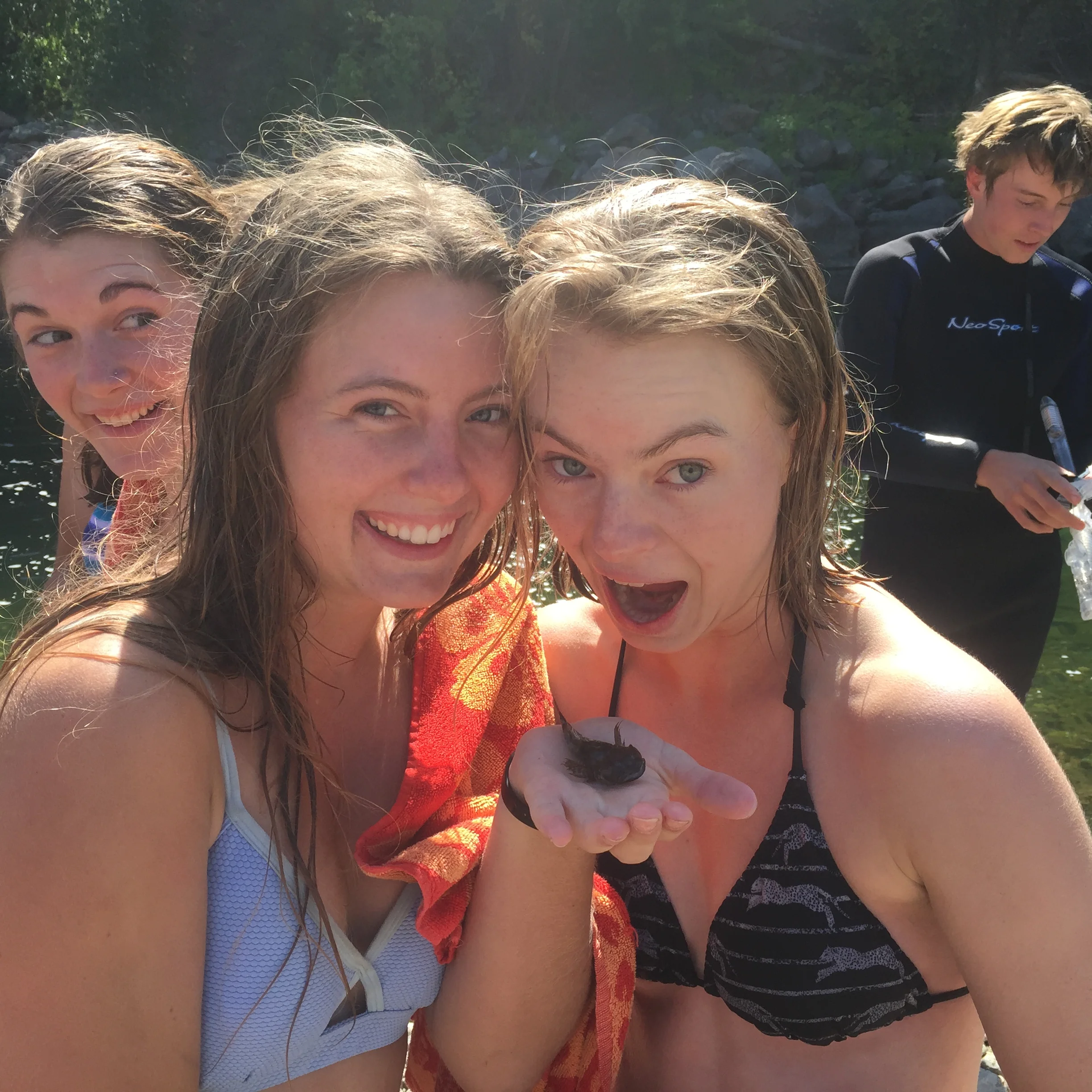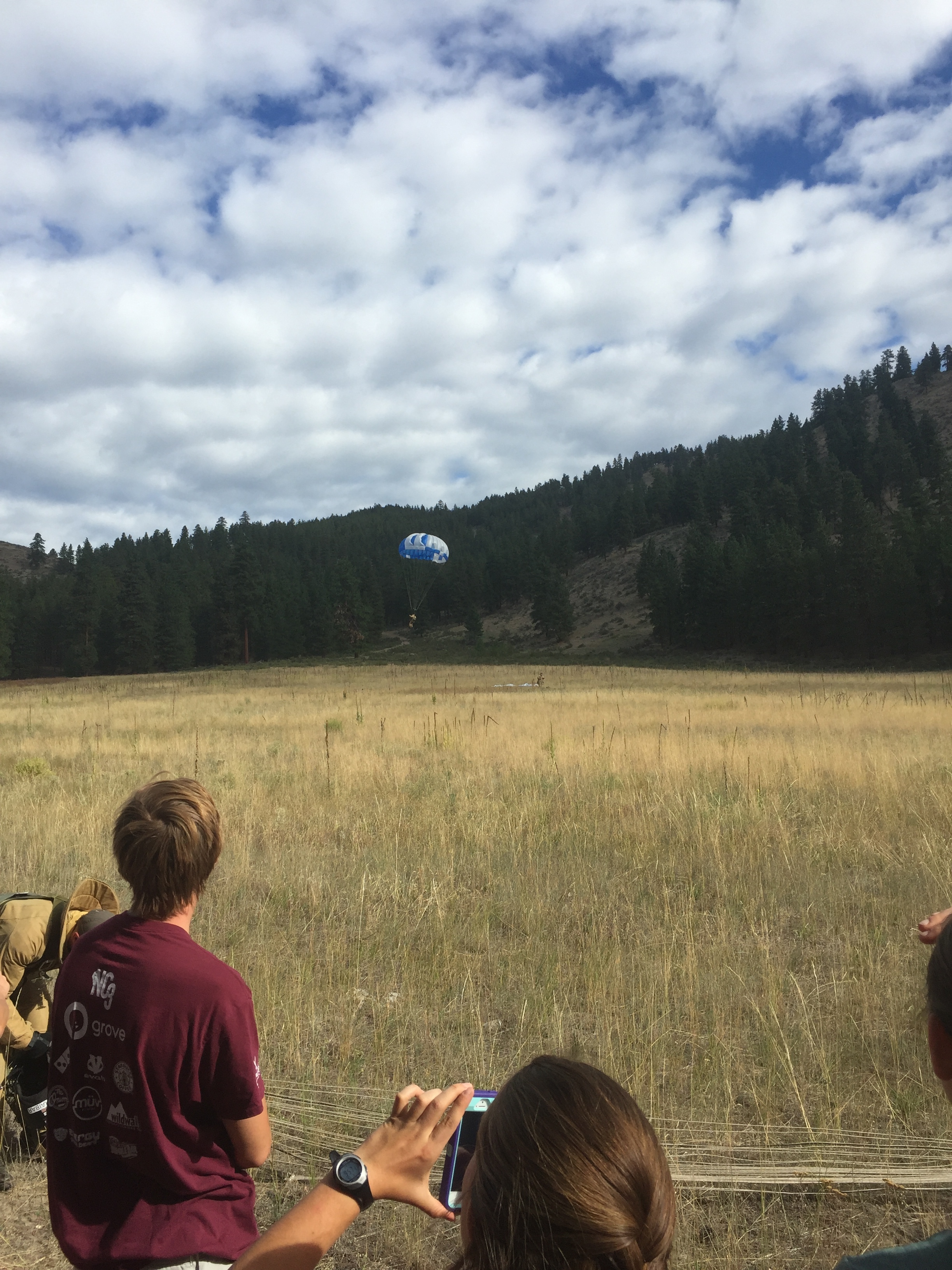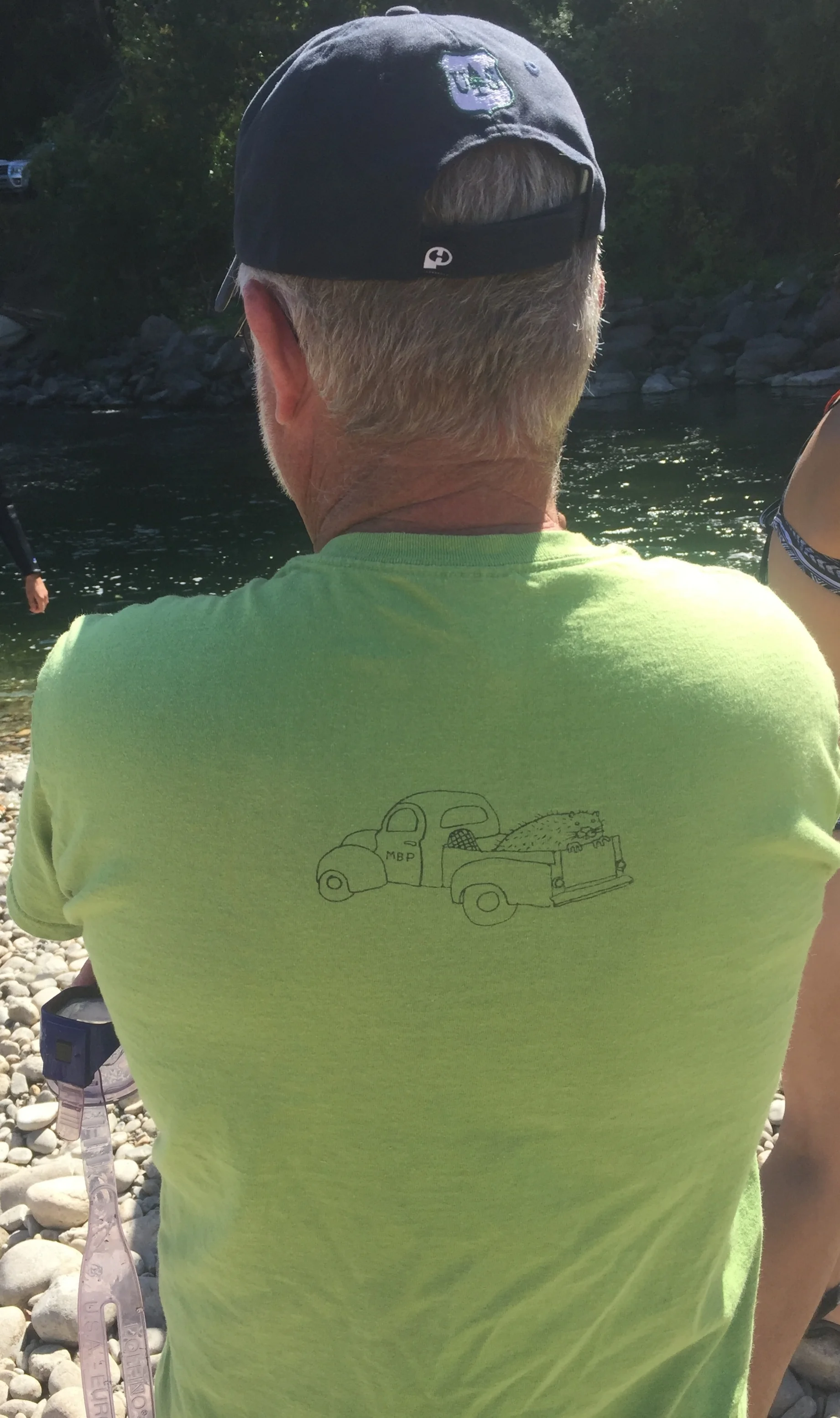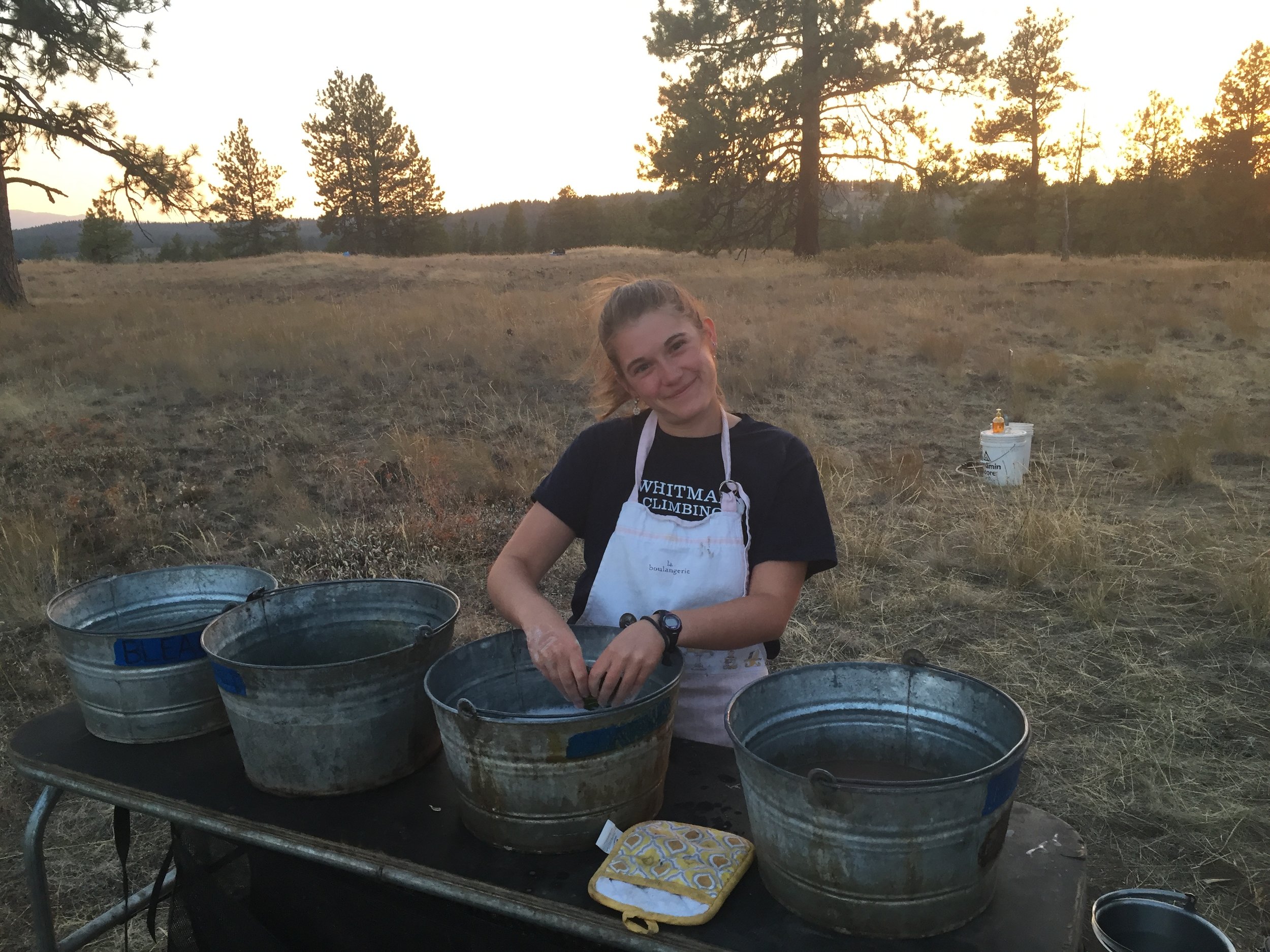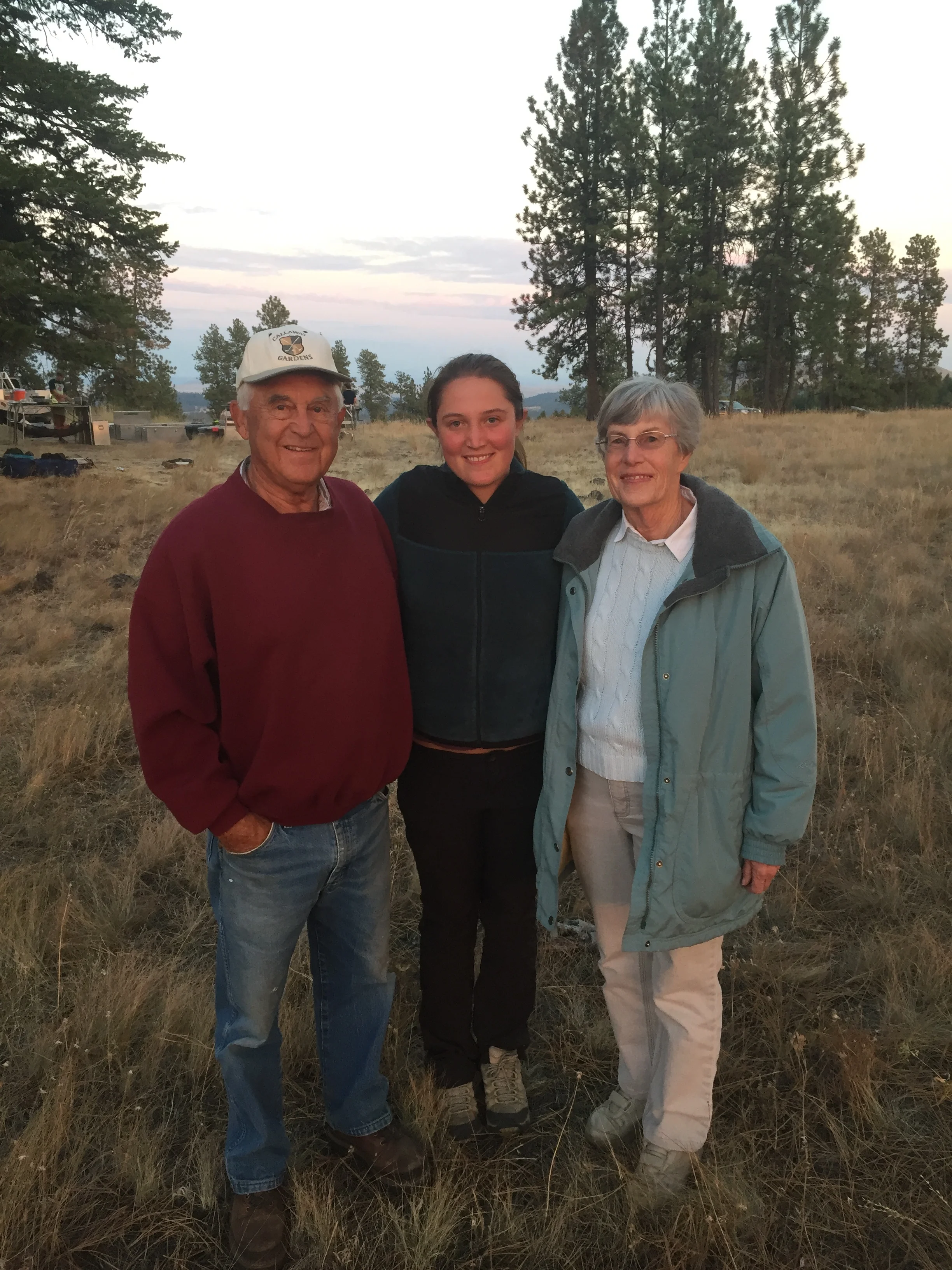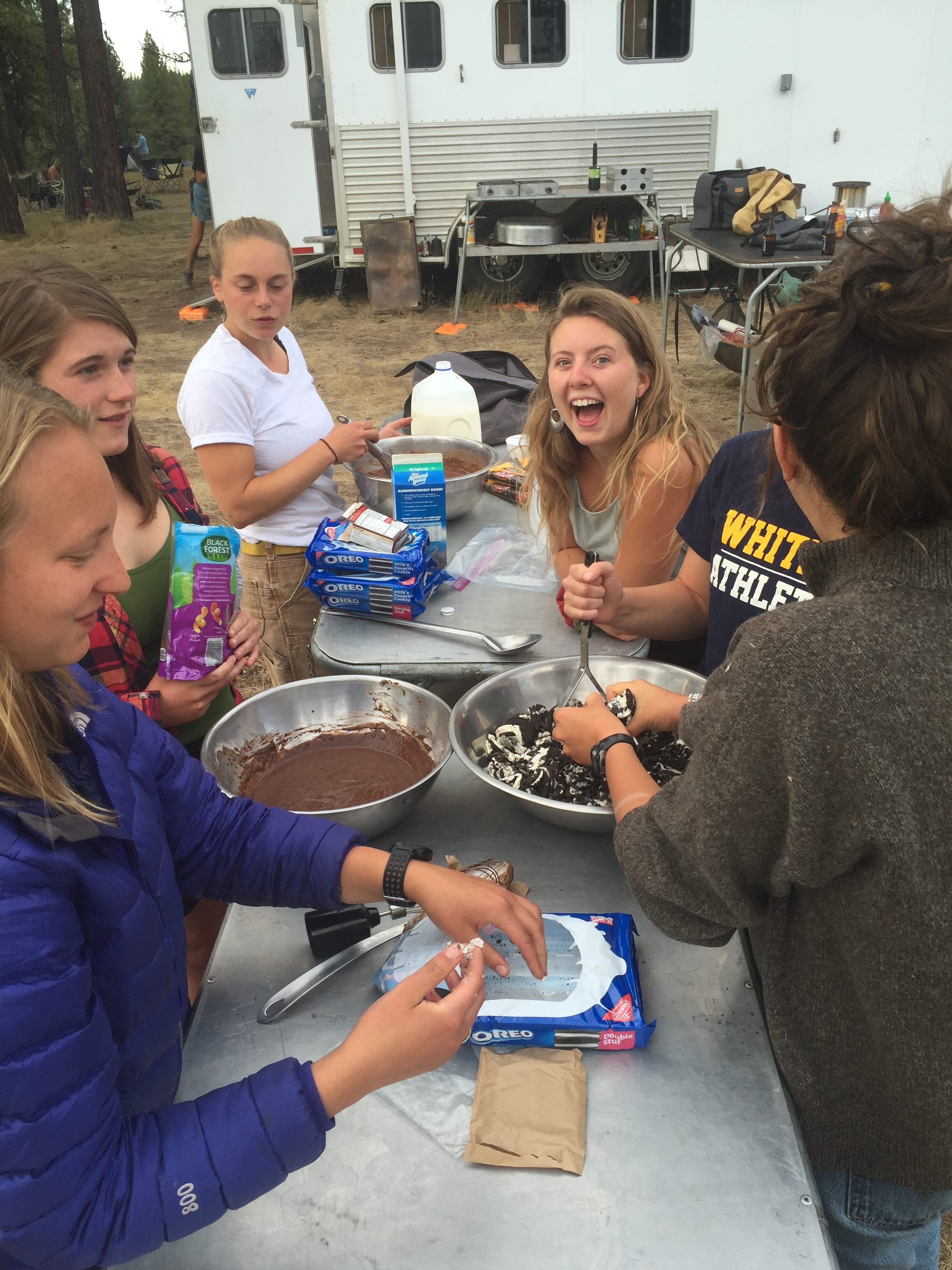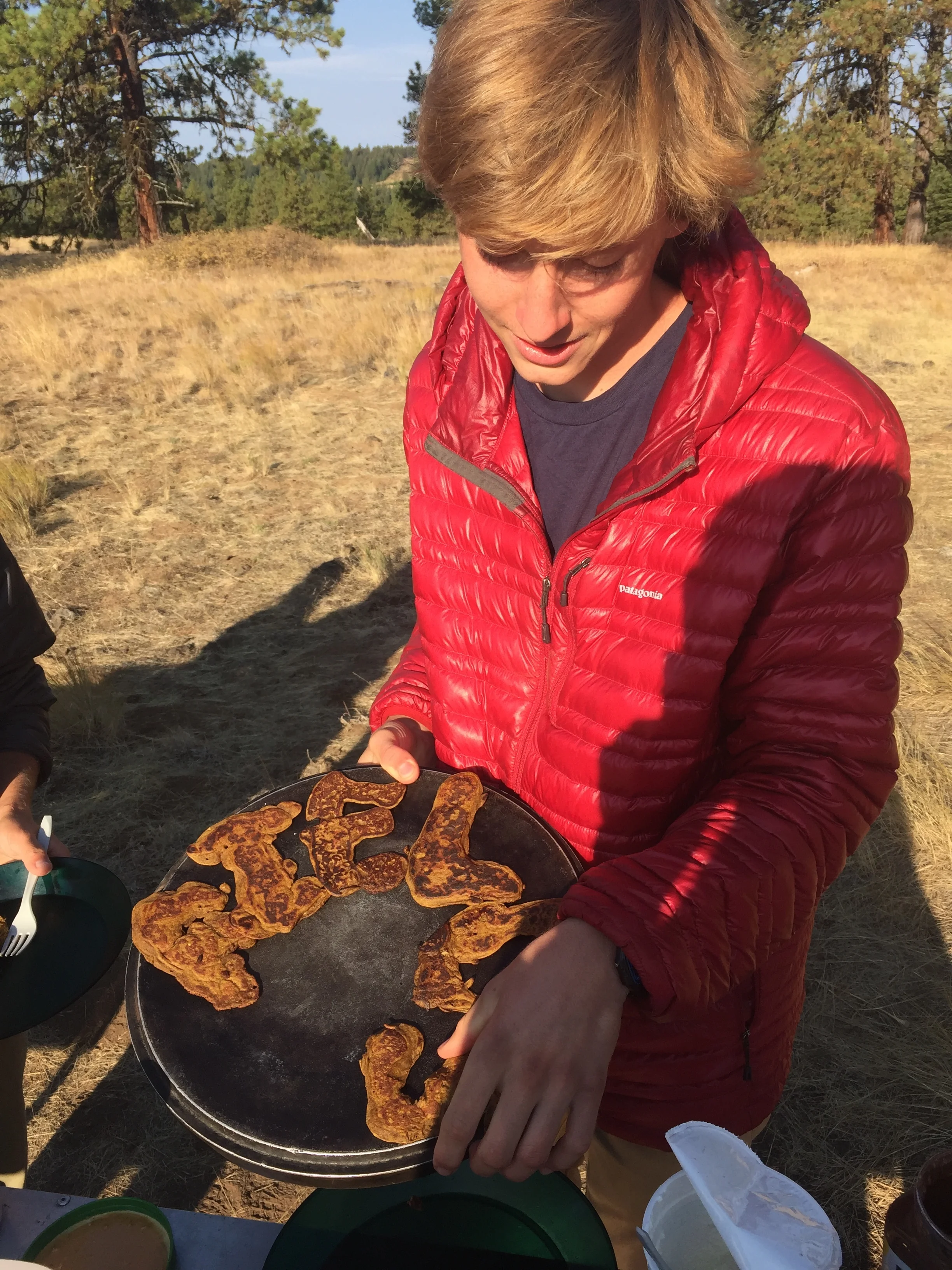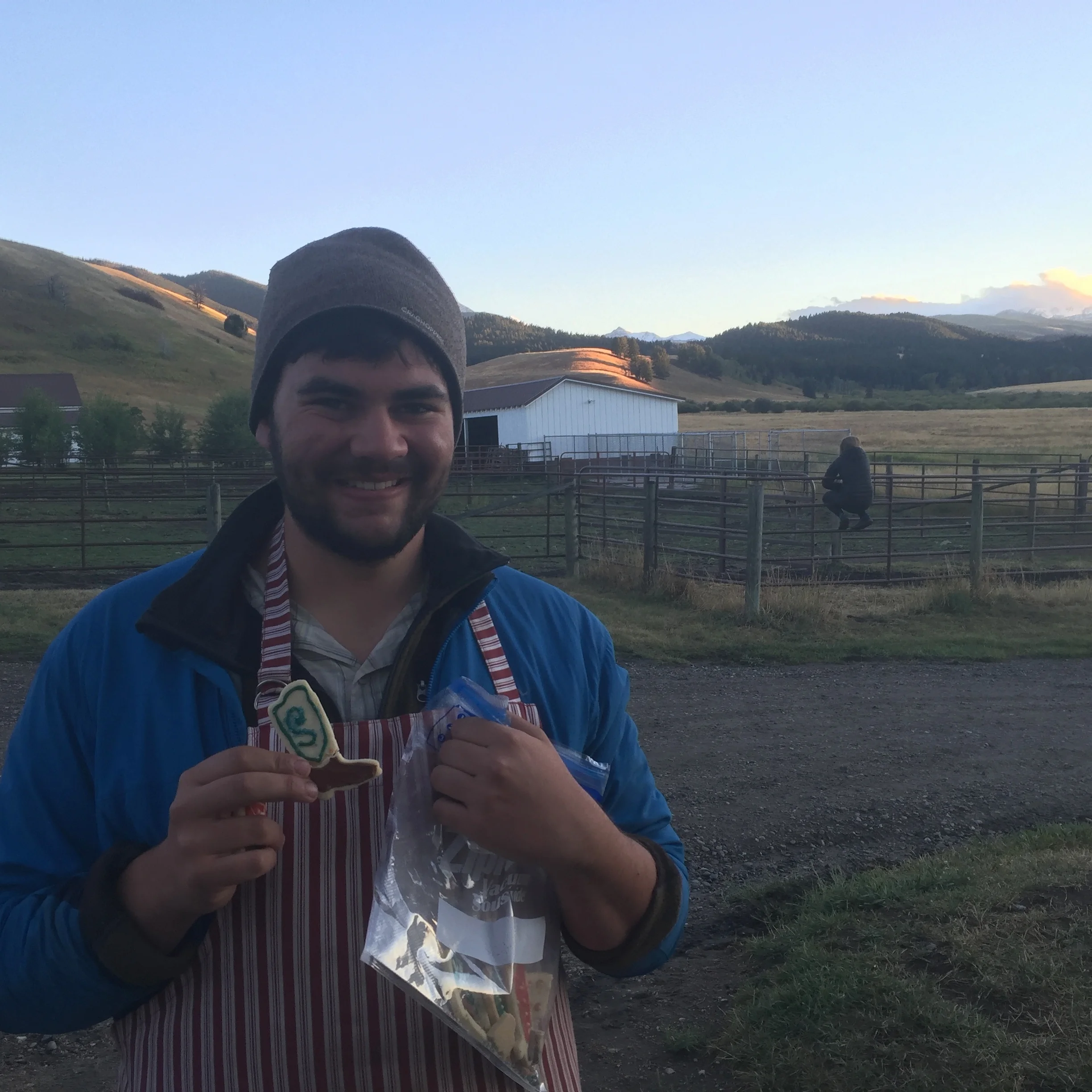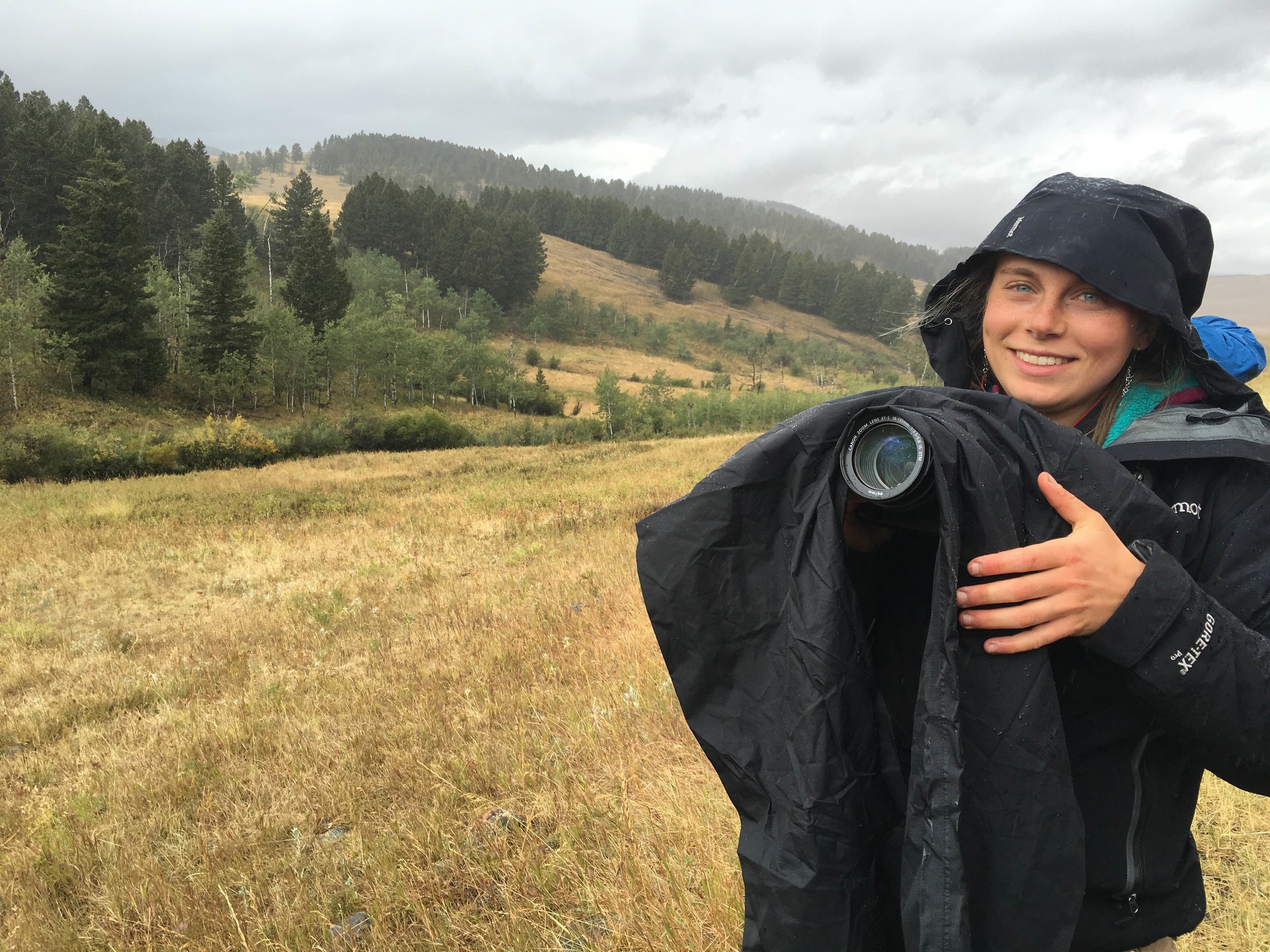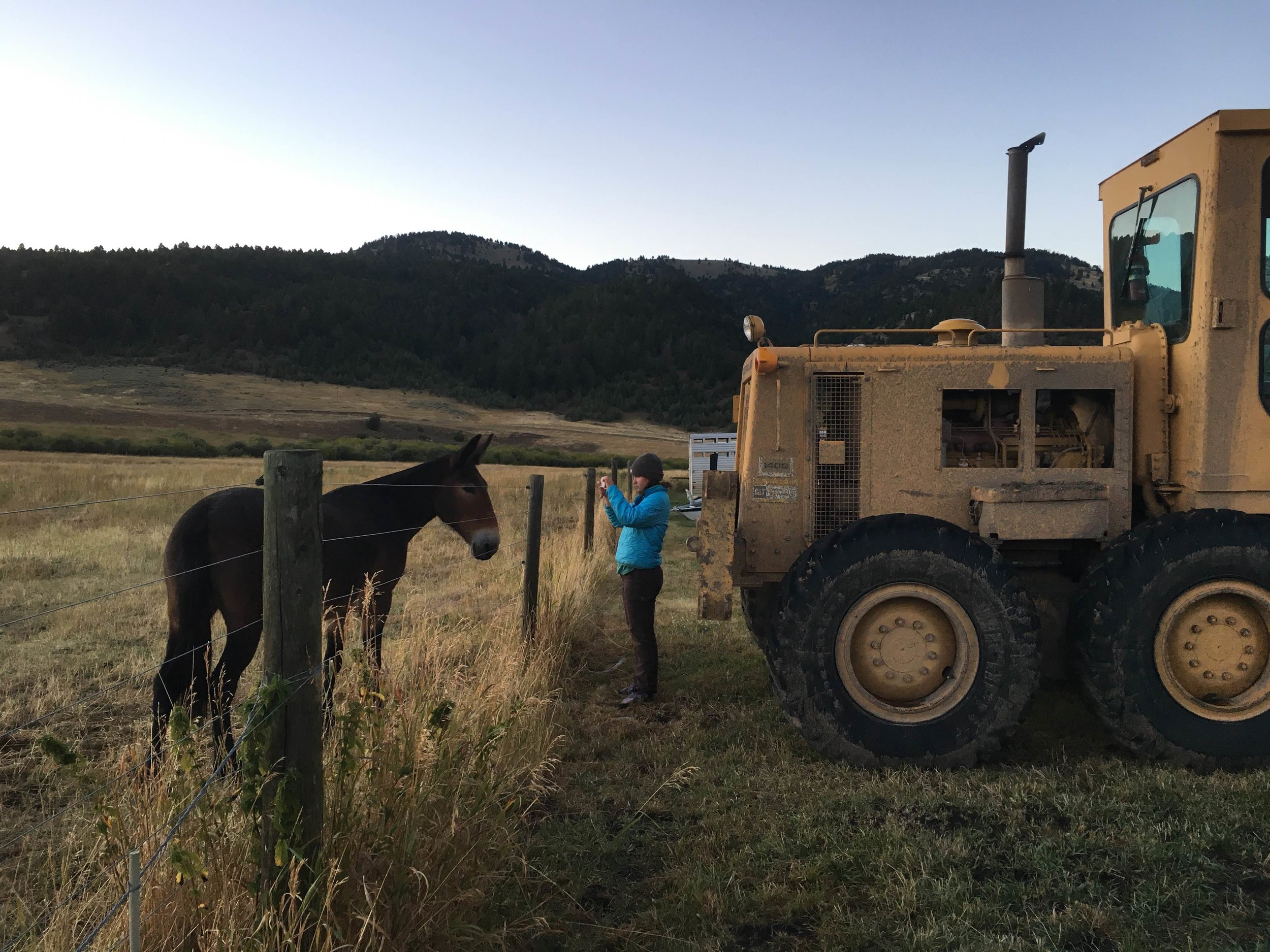Kent Woodruff believes that a freight train is coming, and it’s coming fast. Climate change is altering our world to a point beyond precedent, and Kent need not look far past the front door of his Methow Valley home to see the consequences. As he guided us through a whirlwind tour of the Methow Valley’s public land, Kent brought the impacts of an increasingly warm and dry climate here into focus. Moreover, he urged us to take the lead on softening these effects.
Kent Woodruff is a wildlife biologist for the Okanogan District of the U.S. Forest Service, based in the Methow Valley on the eastern slopes of the North Cascade Mountains. A man of unabating energy and resolute enthusiasm for conservation and restoration of the forest, Kent’s enterprises are diverse and his vigor palpable. With great reverence for the forest he loves, Kent’s work is driven by his mantra that “ecosystems are not more complex than we think- they are more complex than we can think”. To bring focus to the complexity of his vocation, Kent views dealing with climate change as twofold; climate mitigation refers to taking actions to slow the rate of climate change, and climate adaption is the softening of the inevitable impacts of climate change.
Kent devotes himself everyday to achieving the latter in the Okanogan National Forest by advocating for wildlife as part of an interdisciplinary Forest Service decision-making team. He also runs a beaver relocation program, bring them back to their natural habitat, works with recreators to minimize impacts on the land, and helps to spot forest fires before they become calamitous, among other endeavors. In order to effectively undertake climate adaptation, though, Kent needs help, and lots of it. Climate change is having such a great impact on this area, he says, that we can no longer look to the past to forecast the ecology of this landscape in the future. We must form a team of writers, storytellers, and climate adaptation specialists to convey that the climate change freight train is coming, and while the rumble can already be felt in the Okanogan National Forest, it will not be long before places across the country find that they too are standing on the tracks. When it comes to climate adaptation, Kent says, we cannot be too bold.
By: Abby Popenoe
